Bloodstone
The Gemstone of Mystique
Origins of Bloodstone
Bloodstone, also known as heliotrope, is a striking gemstone admired for its deep green body with vivid red speckles, resembling drops of blood. With its unique beauty and legendary reputation as a stone of protection and vitality, bloodstone has been treasured in jewelry, talismans, and healing practices for centuries.
Whether you’re wondering about the bloodstone meaning, its properties, or how much bloodstone is worth, this guide covers everything you need to know.
Formation Process of Bloodstone
Bloodstone forms in silica-rich environments, often as a result of hydrothermal activity within volcanic or sedimentary rock formations. The green coloration comes from chlorite or amphibole mineral inclusions, while the red specks are caused by hematite or iron oxide deposits. Over thousands of years, these minerals crystallize into the characteristic opaque stone recognized today.

Bloodstone is a variety of chalcedony (cryptocrystalline quartz) formed in silica-rich environments:
-
Green Color – Caused by chlorite or amphibole inclusions.
-
Red Spots – Created by hematite or iron oxide deposits.
-
Durability – With a Mohs hardness of 6.5–7, it is suitable for daily-wear jewelry.
This rare combination of green and red gives the stone its unique mystique and enduring appeal.
Bloodstone deposits are found across the globe, with the finest quality traditionally sourced from India. Other significant deposits are located in:
-
Brazil – Known for large deposits of high-grade stones.
-
Australia – Produces dark green stones with subtle red inclusions.
-
United States (California, Nevada, Oregon) – Offers both gem-grade and carving-quality specimens.
-
Madagascar & China – Emerging sources for jewelry-grade material.
Indian bloodstone, often with rich green and bright crimson spots, has historically been the most prized.
Bloodstone Meaning and Symbolism
Throughout history, bloodstone has been associated with protection, vitality, and strength. In ancient Mesopotamian and Greek cultures, it was believed to have healing properties and was often used in amulets. Medieval warriors carried bloodstones engraved with symbolic inscriptions to provide courage and protection in battle. In modern metaphysical practices, bloodstone is said to enhance endurance, purify energy, and stimulate circulation.
Bloodstone carries a deep spiritual and cultural legacy:
-
Ancient Mesopotamia & Greece – Used in amulets for healing and courage.
-
Middle Ages – Called the “Martyr’s Stone,” believed to represent the blood of Christ.
-
Indian Tradition – Used in carvings, seals, and talismans for protection and vitality.
Modern Bloodstone Spiritual Meaning
-
Symbol of courage, endurance, and vitality
-
Said to purify energy and boost circulation
-
Associated with the root and heart chakras for grounding and emotional balance
-
Considered a stone of protection for travelers and warriors
Market Value and Rarity
Is bloodstone expensive? Bloodstone is relatively affordable compared to other gemstones, though its price depends on factors such as color saturation, size, and the prominence of red inclusions. Stones with a rich, dark green base and well-defined red spots are the most valuable. Prices typically range from $5 to $50 per carat for polished pieces, while high-quality specimens and intricately carved bloodstone jewelry can fetch higher prices.
| Type of Bloodstone | Price Range (Per Carat / Piece) | Value Factors |
|---|---|---|
| Common Bloodstone | $5 – $30 per carat | Opaque green with few red specks |
| High-Quality Bloodstone | $40 – $100 per carat | Rich green base with sharp crimson spots |
| Rare Collector’s Bloodstone | $100 – $500+ | Exceptional color contrast, carvings, or historical significance |
Key Value Factors:
-
Color contrast between dark green body and red inclusions
-
Clarity and polish
-
Size and rarity
-
Artistic carvings or jewelry craftsmanship
Bloodstone Properties
Here are the core bloodstone properties in metaphysical and healing traditions:
External Properties
-
Career & Success – Boosts leadership and decision-making
-
Relationships & Communication – Encourages compassion and harmony
Inner Properties
-
Enhances courage, resilience, and clarity
-
Supports circulation, stamina, and physical vitality
-
Promotes grounding and emotional stability
Bloodstone Zodiac Connection
Bloodstone is strongly tied to astrology and zodiac traditions:
-
Birthstone: March (alongside Aquamarine)
-
Zodiac Signs: Aries, Pisces, and Libra resonate most with bloodstone.
-
Element: Earth
-
Planet: Mars – reinforcing strength, drive, and resilience
Wearing a bloodstone ring or bracelet is believed to amplify energy, courage, and determination, especially for Aries and Pisces natives.
External
Career & Success
Leadership & Power
Relationships & Communication
Love & Compassion
Inner
Resolution
Initiation
Birth month

Zodiac



Element

Chakras

Planet

Mohs Hardness
6.5-7
Click to copy the Bloodstone properties
Jewelry Uses and Fashion Tips
Bloodstone is often used in rings, pendants, and beaded bracelets due to its durability (Mohs hardness of 6.5-7). It pairs well with silver and gold settings, offering a striking contrast between the deep green hues and metallic tones. To incorporate bloodstone into daily wear:
-
Pair a bloodstone ring with earthy-toned outfits for a grounded, natural look.
-
Layer a bloodstone pendant with other gemstone necklaces for a bohemian aesthetic.
-
Wear bloodstone bracelets alongside wooden or leather accessories for a rustic touch.
Due to its durability and bold look, bloodstone is widely used in jewelry:
-
Bloodstone Rings – Symbolize strength and protection; often worn by men as signet rings.
-
Bloodstone Bracelets – Beaded versions are popular in healing and spiritual practices.
-
Bloodstone Pendants & Amulets – Traditionally worn for courage and vitality.
Fashion Tip: Bloodstone pairs beautifully with silver, gold, or rustic materials like wood and leather for an earthy, powerful look.
Bloodstone Jewelry Benefits
A bloodstone jewelry is more than an accessory—it’s believed to carry powerful benefits:
-
Boosts confidence and willpower
-
Protects against negative energy
-
Enhances circulation and physical vitality
-
Provides grounding energy for emotional balance
Best Pairings with Other Gemstones and Materials
Bloodstone complements other gemstones and materials both aesthetically and energetically:
-
Carnelian – Enhances vitality and energy while creating a warm color contrast.
-
Onyx – Provides a sleek, monochromatic pairing for a bold statement.
-
Tiger’s Eye – Balances protection and motivation, perfect for grounding energy.
-
Gold – Enhances the richness of bloodstone’s deep green and red hues.
-
Wooden Beads – Complements bloodstone’s earthy energy for an organic look.





Crystal Color Palettes for Artistic and Fashion Inspiration
Bloodstone’s rich green and red hues can inspire bold and dynamic color palettes for fashion, interior design, or art:

-
#014421Dark Forest Green– Reflects bloodstone’s primary color.
-
#DC143CCrimson Red – Matches the vibrant red iron inclusions.
-
#333333Deep Charcoal Gray – Adds contrast and depth.
-
#D4AF37Antique Gold – Complements bloodstone when paired with metal settings.
-
#8B4513Rustic Brown– Evokes a natural, earthy feel.
Frequently Asked Questions (FAQ) about Bloodstone
1. What is bloodstone?
Bloodstone is a variety of chalcedony quartz, deep green with red hematite inclusions.
2. Is bloodstone expensive?
Not typically. Prices range from $5 – $100 per carat, with rare collector’s stones reaching higher values.
3. How much is a bloodstone worth?
Average specimens: $10 – $50. High-grade jewelry or carved pieces: $100 – $500+.
4. What are the properties of bloodstone?
It represents courage, vitality, protection, and emotional balance.
5. What does bloodstone symbolize?
Bloodstone symbolizes strength, endurance, and purification.
6. Can bloodstone be used in rings?
Yes, bloodstone rings are popular for durability, protection, and masculine elegance.
7. Which zodiac is bloodstone for?
Primarily Aries and Pisces, but it also resonates with Libra.
8. Are bloodstones valuable?
Yes, especially specimens with sharp red spots and rich green tones—they’re more desirable and collectible.
Bloodstone has been treasured for centuries for its protective and healing properties. If you could design a piece of jewelry or an artifact using bloodstone, what would it be and what personal meaning would it hold for you?
You can freely share your thoughts in the comments!

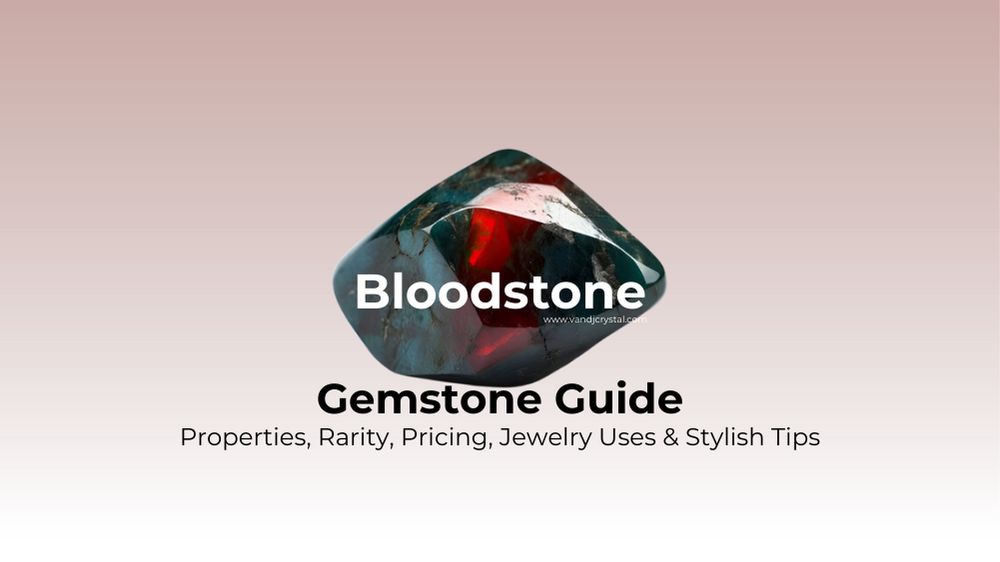
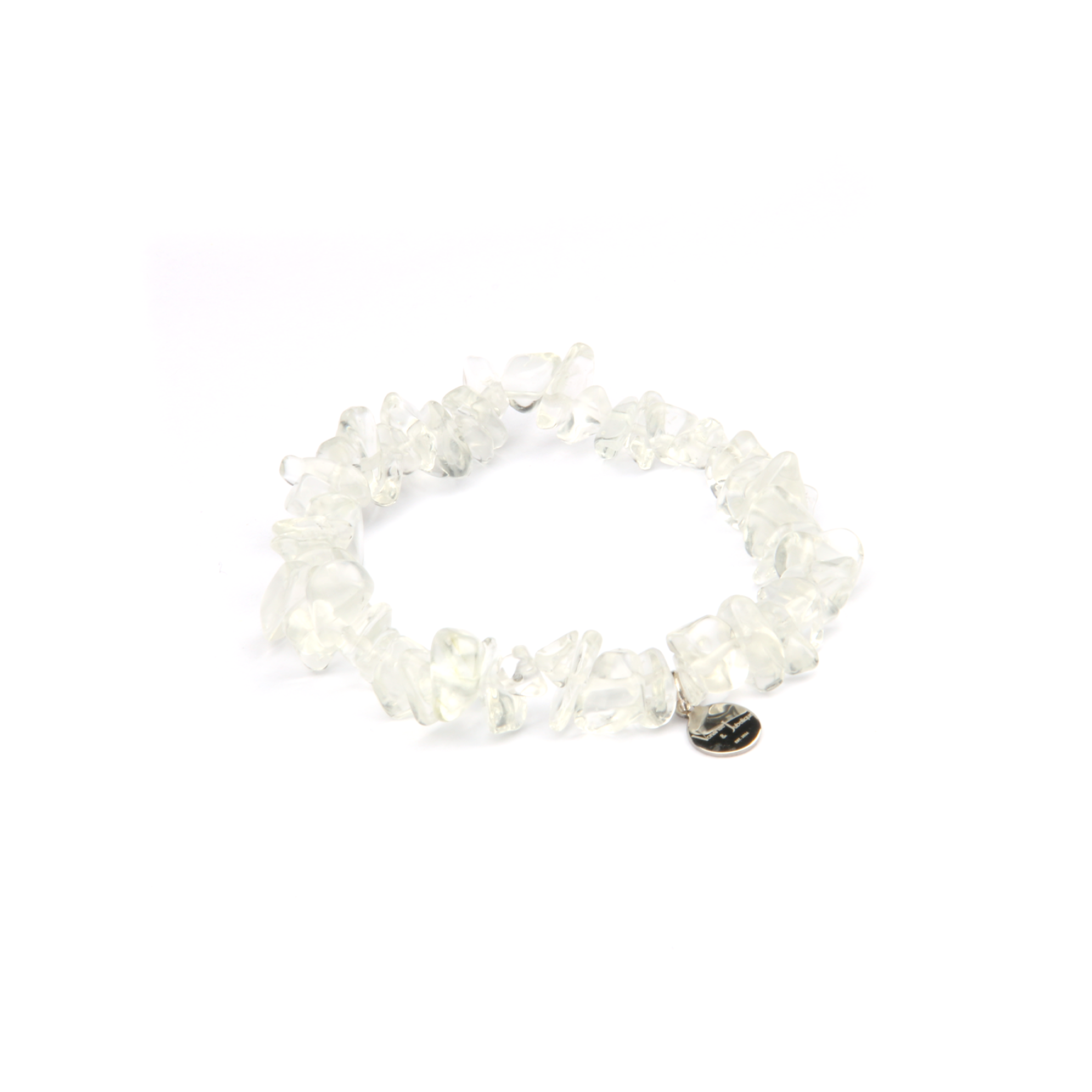
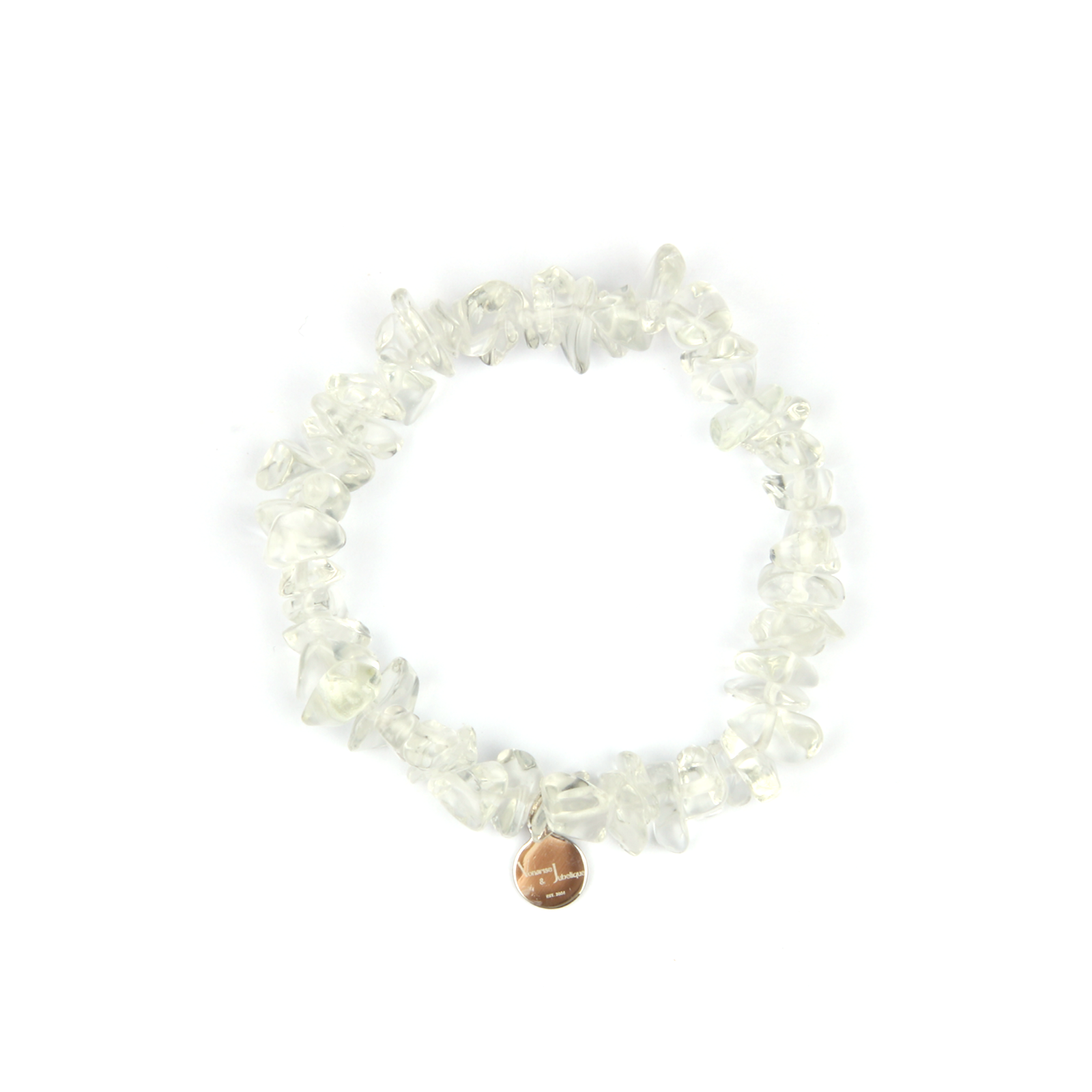
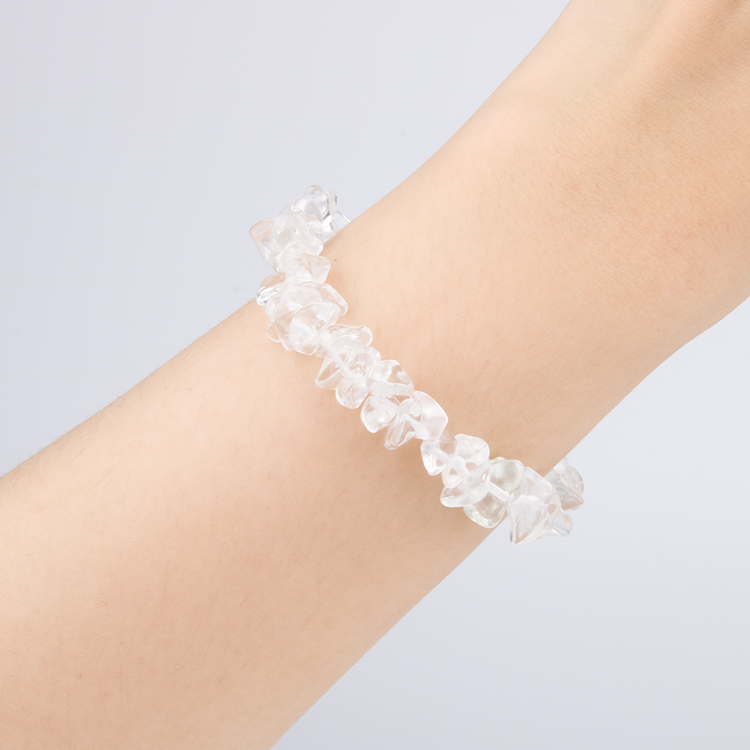
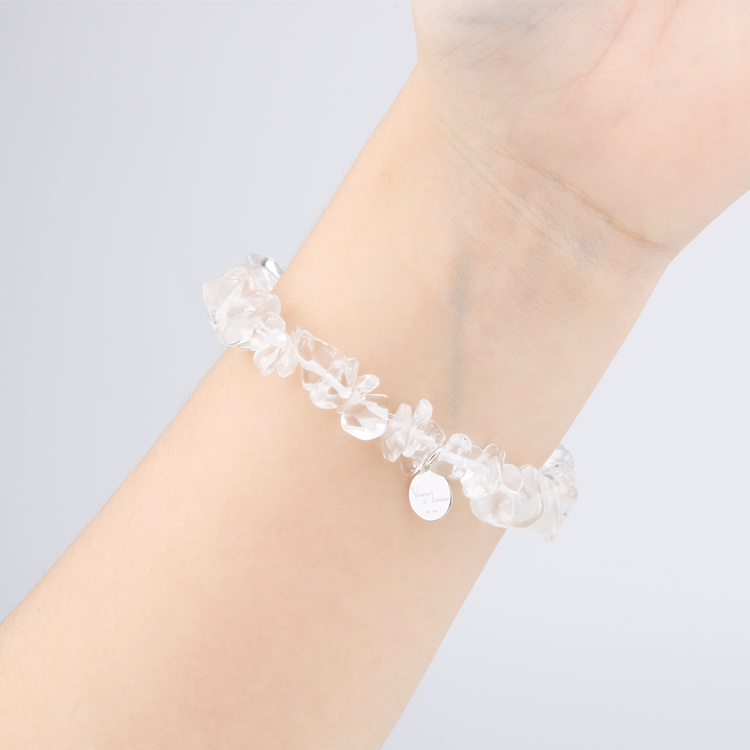
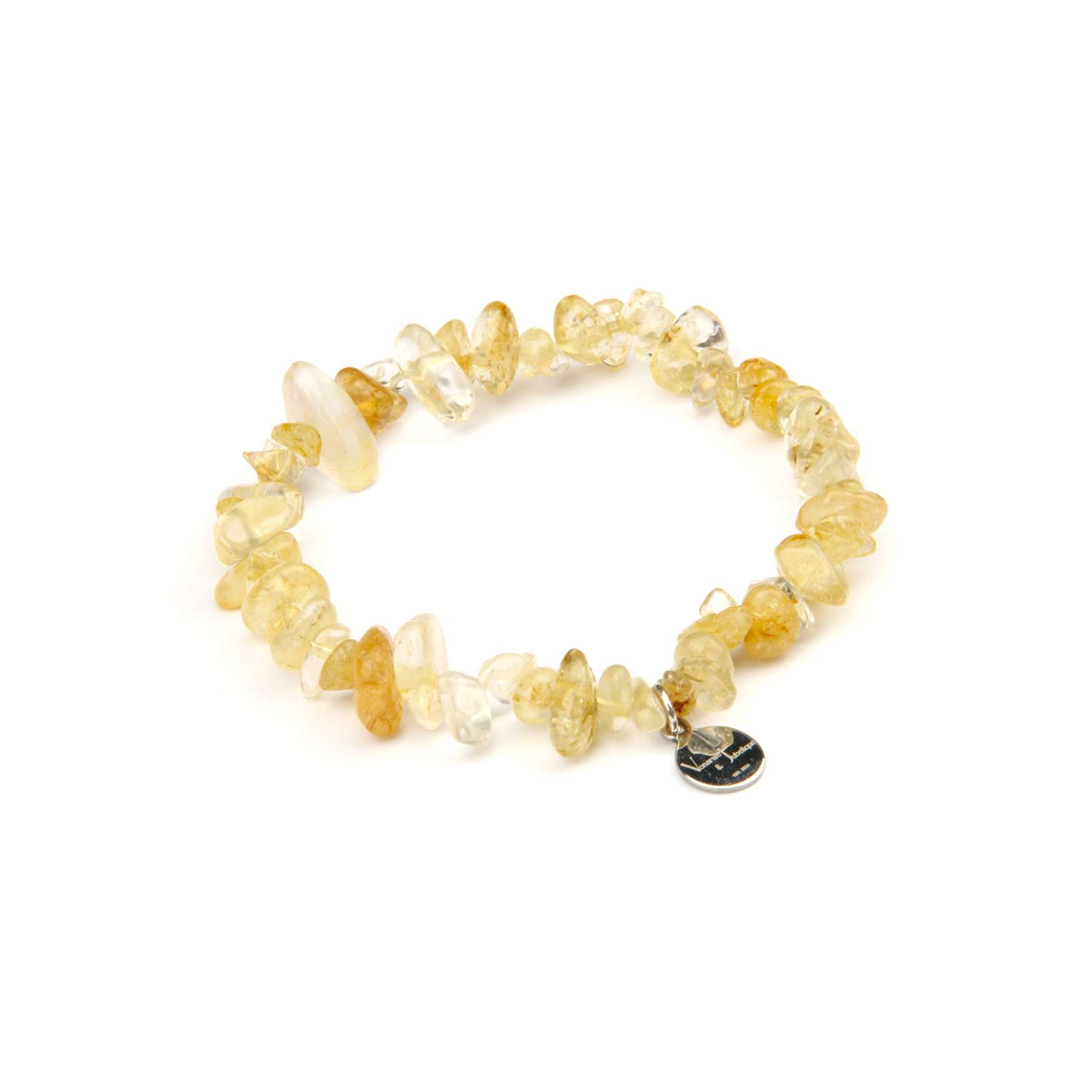
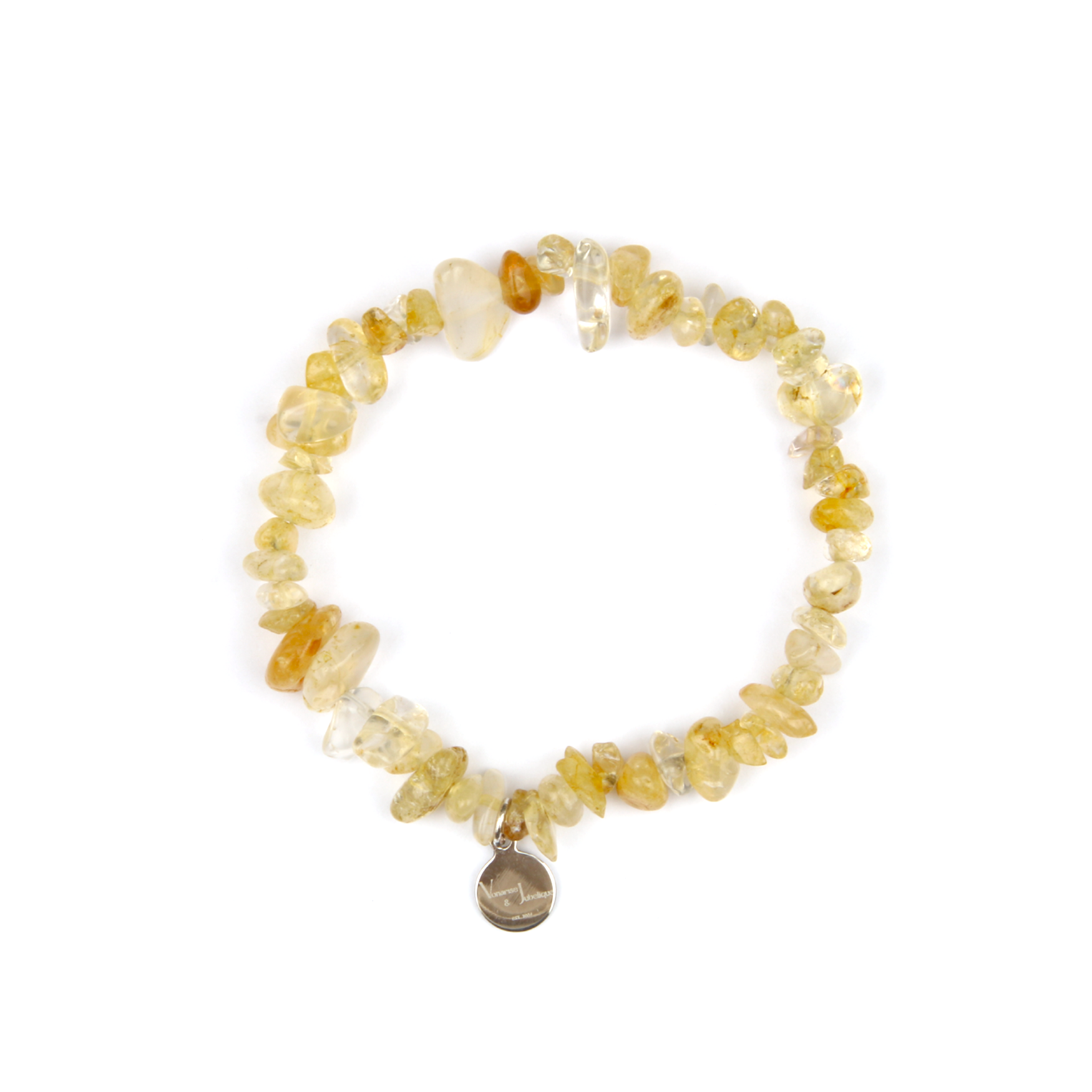
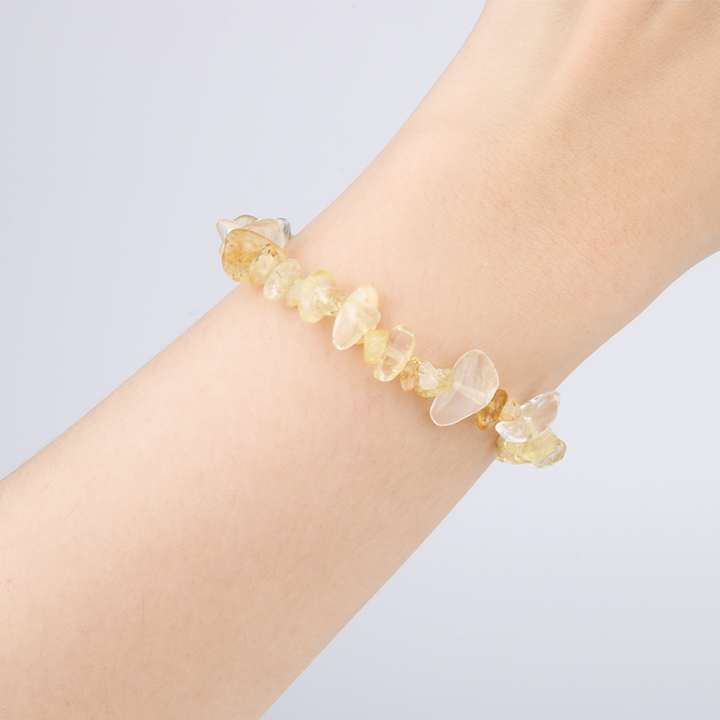
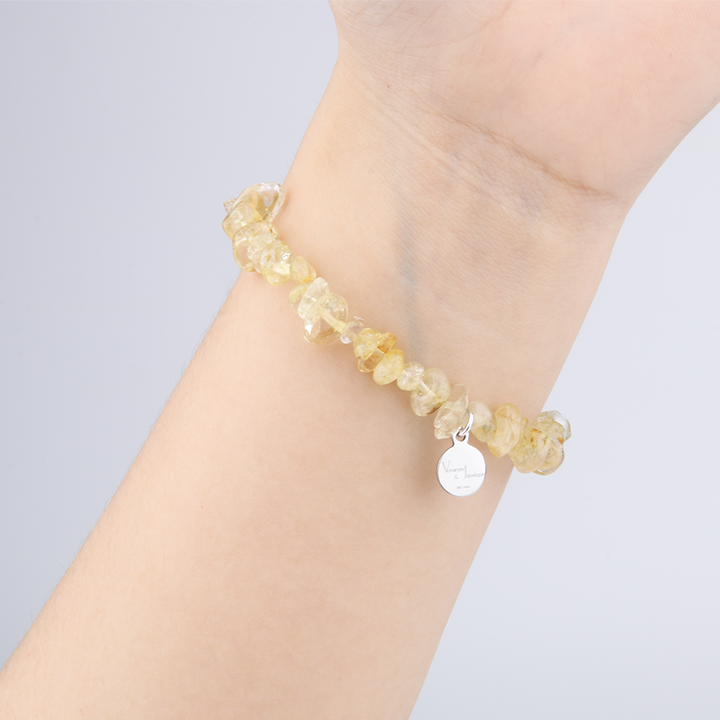
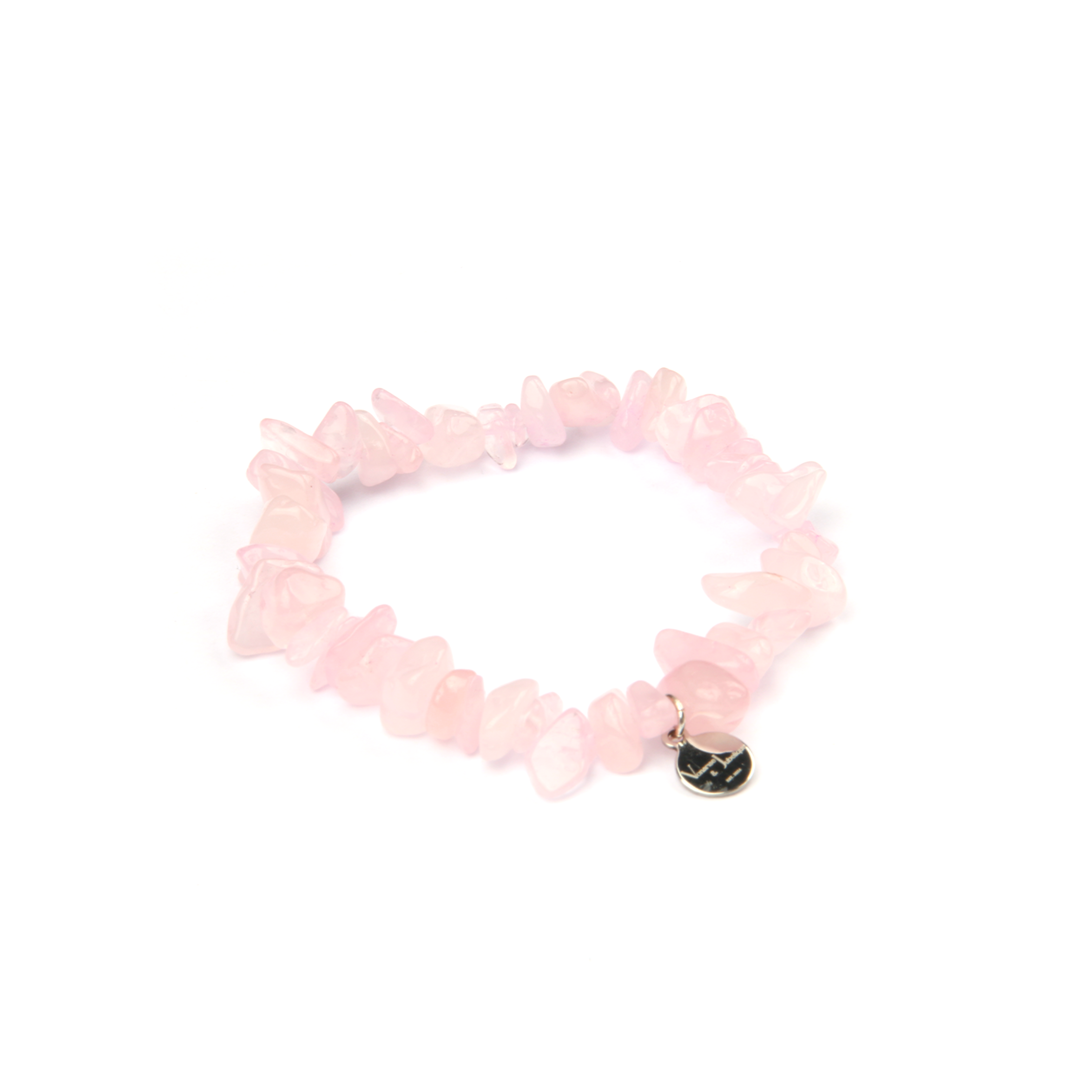
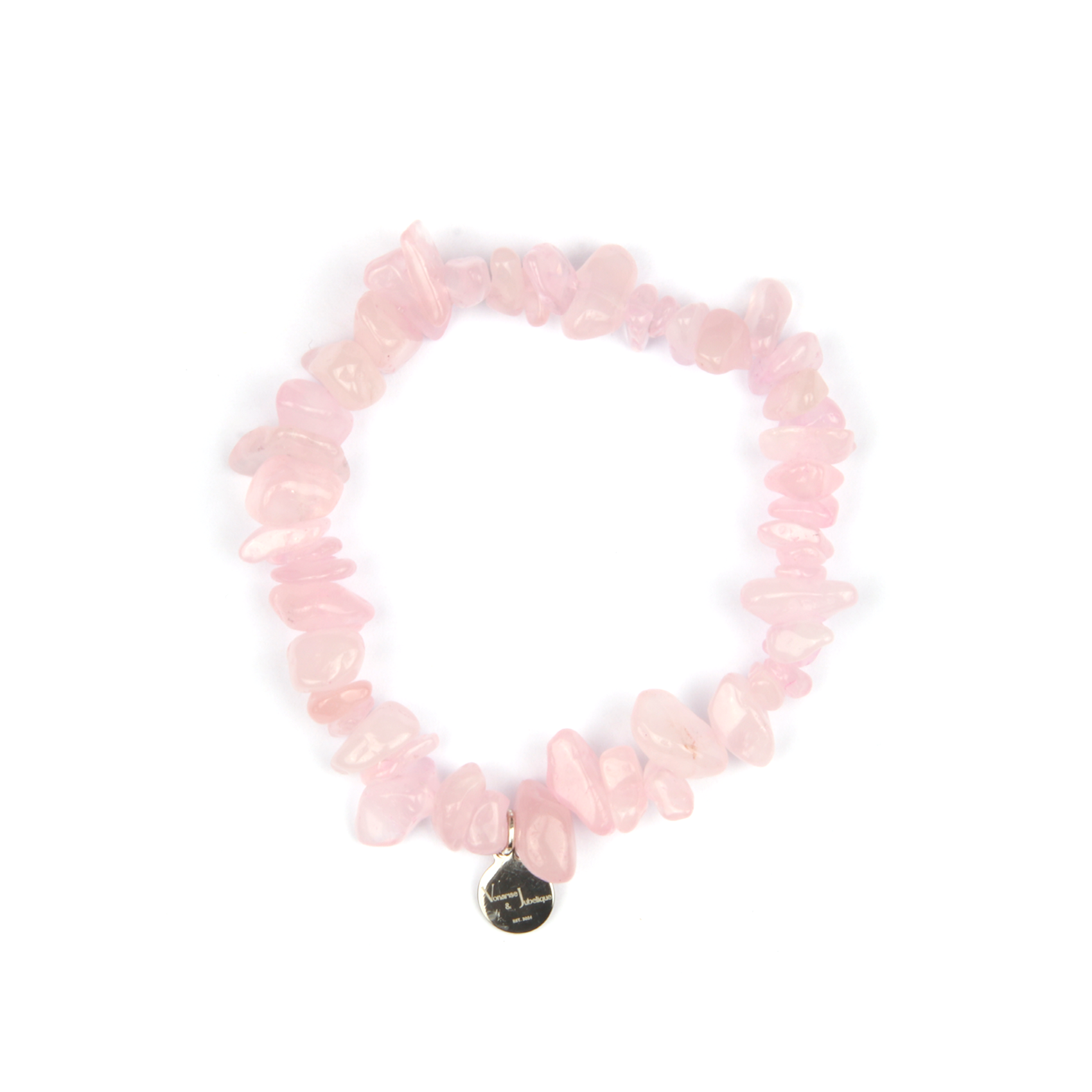
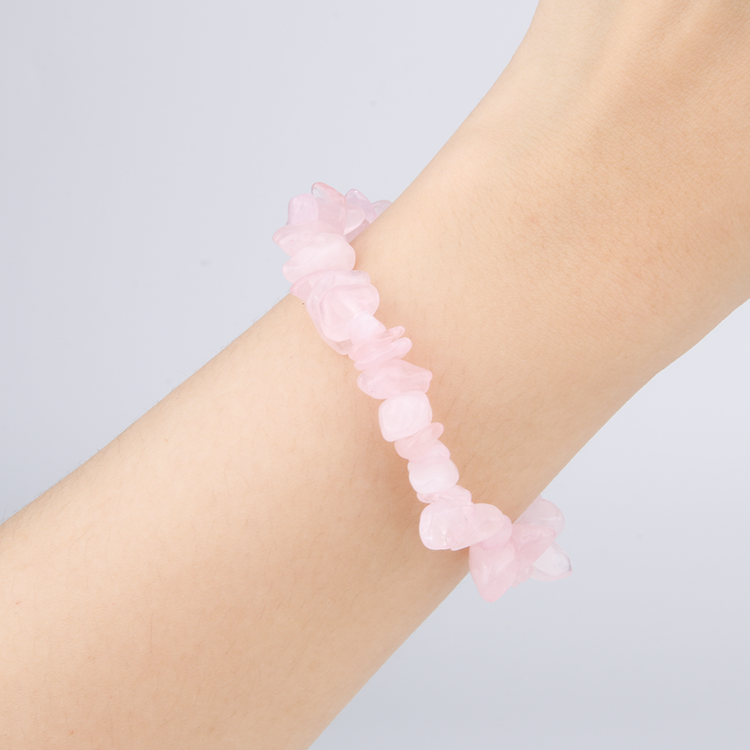
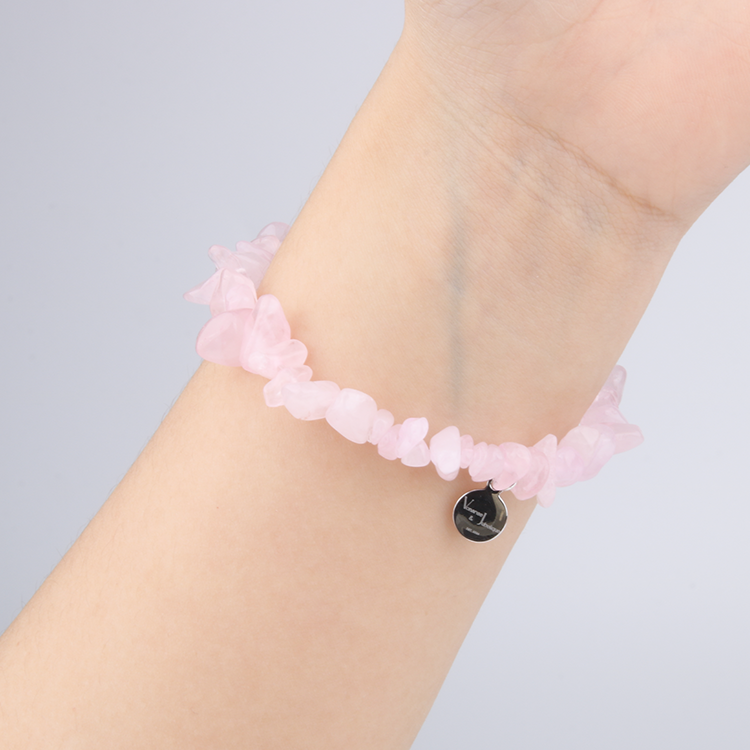
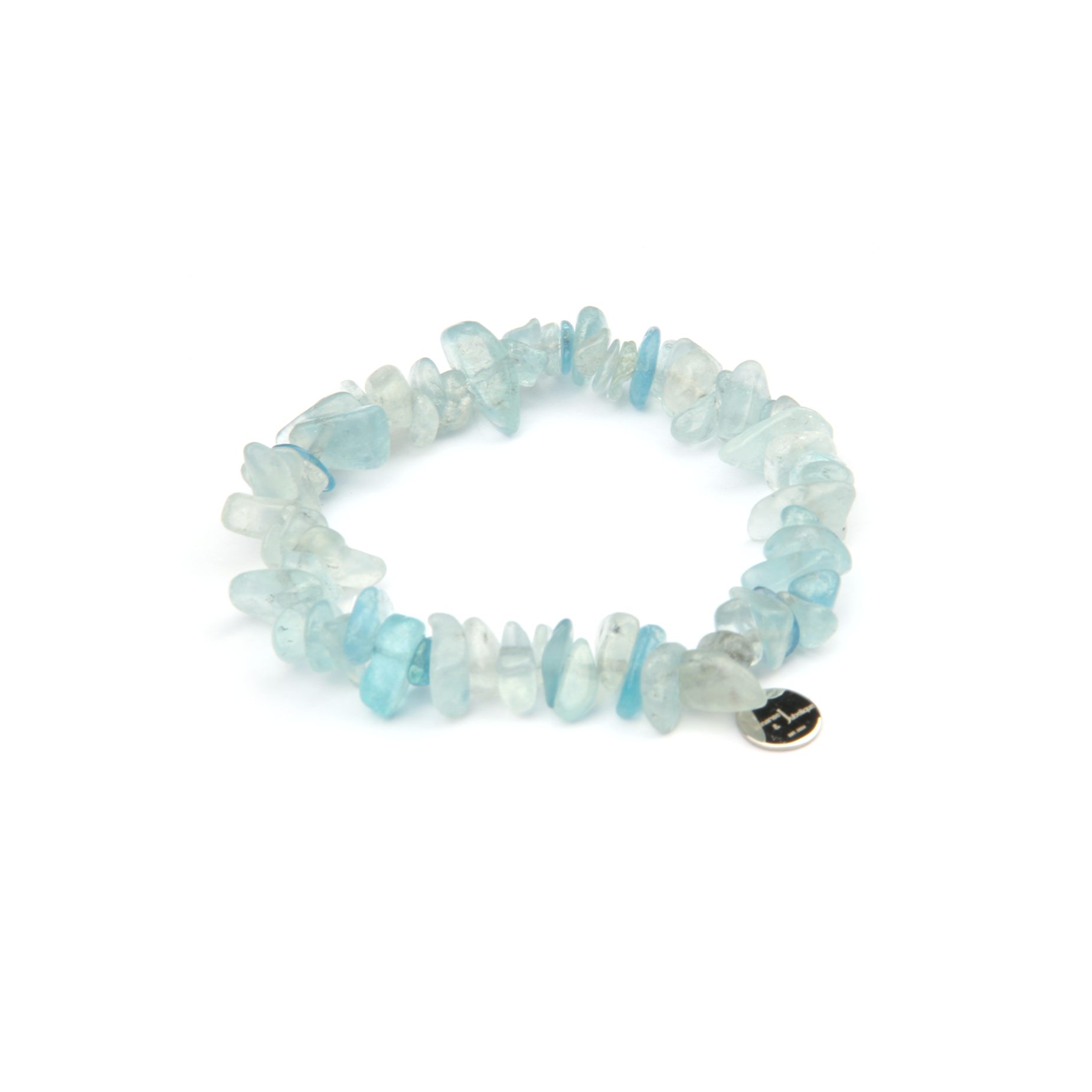
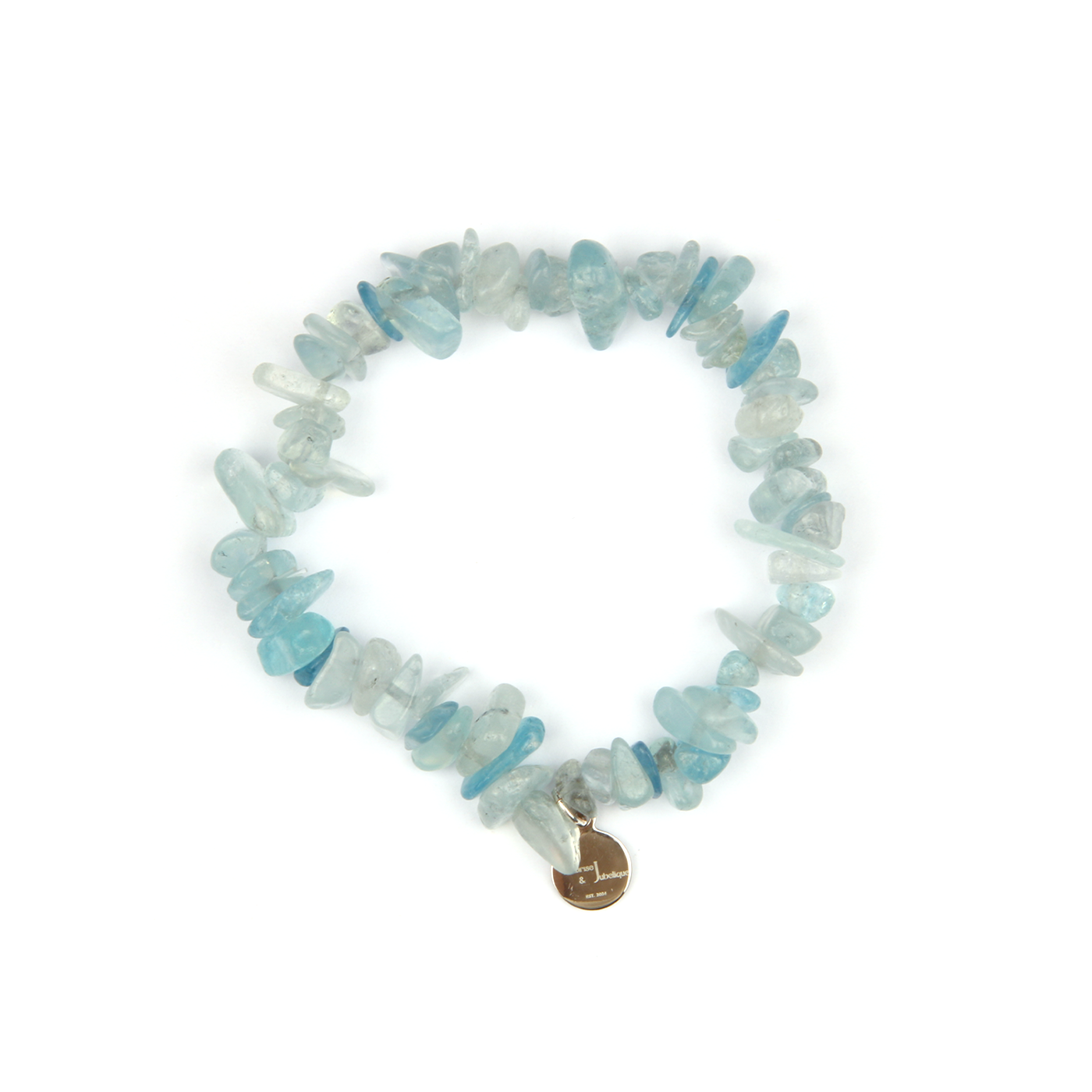
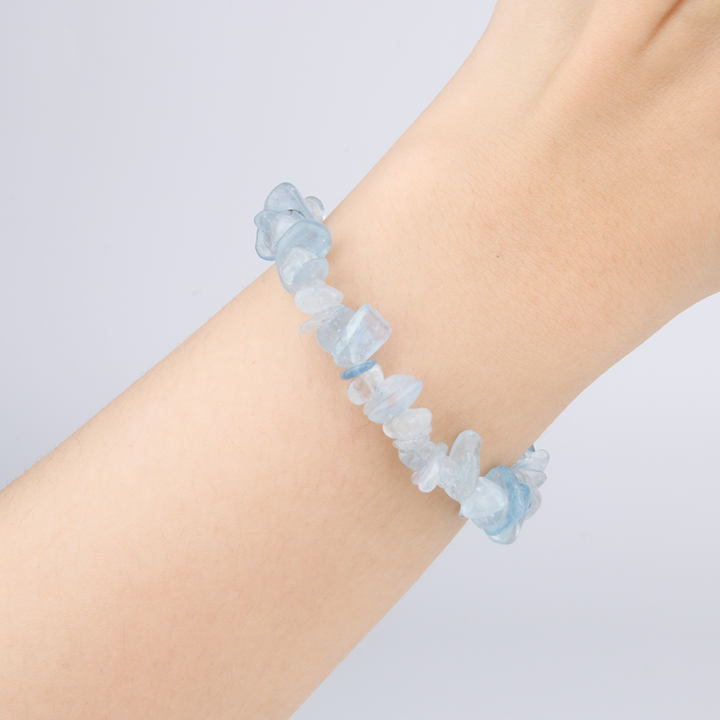
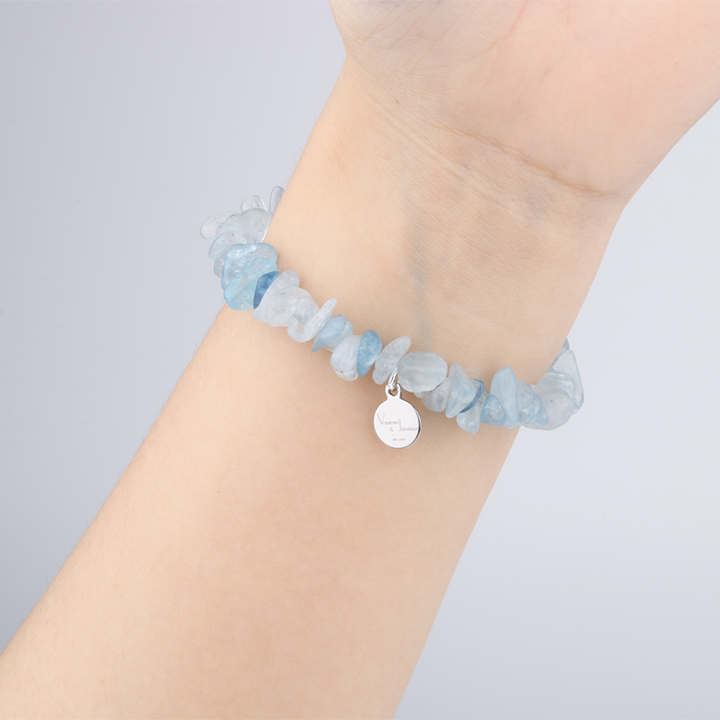
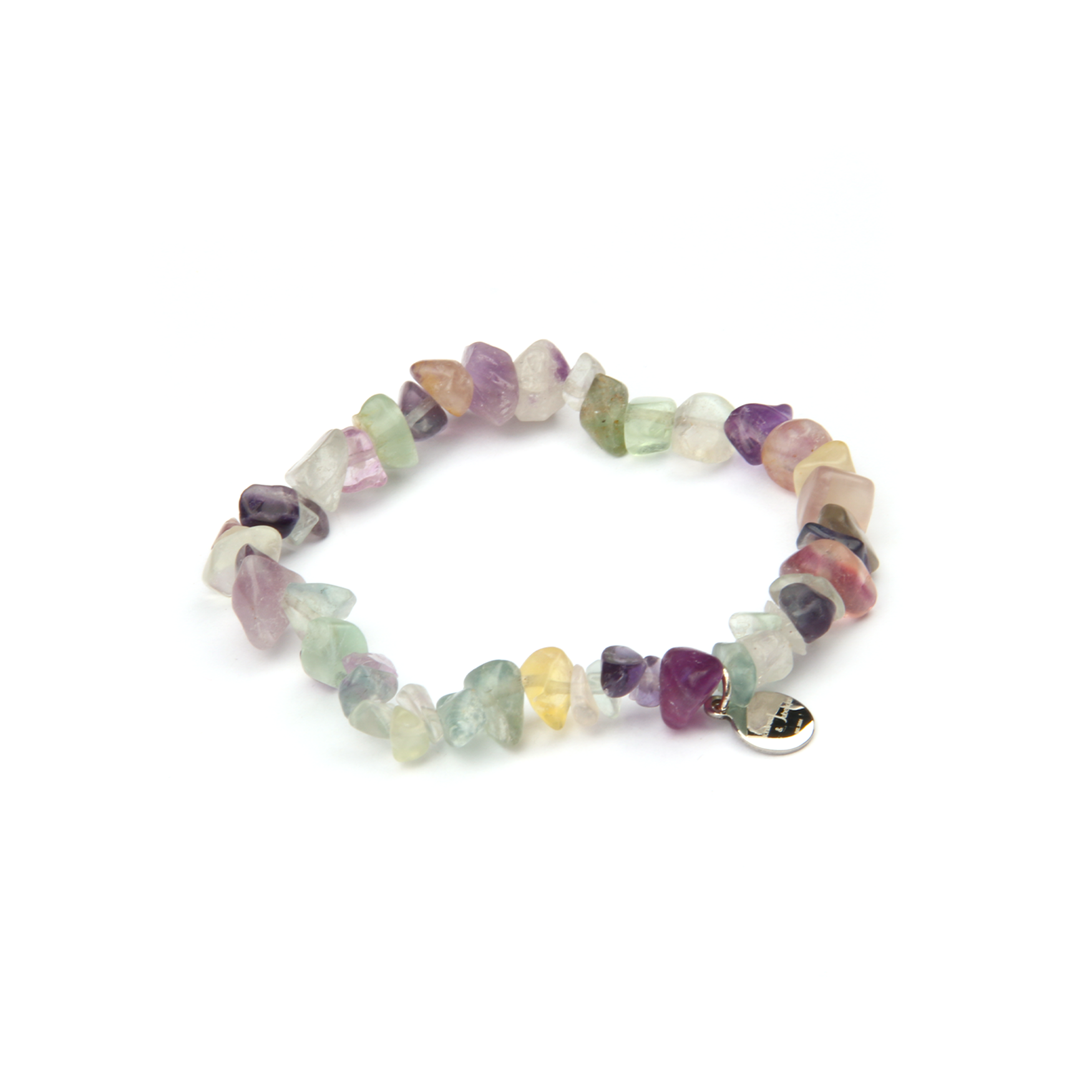
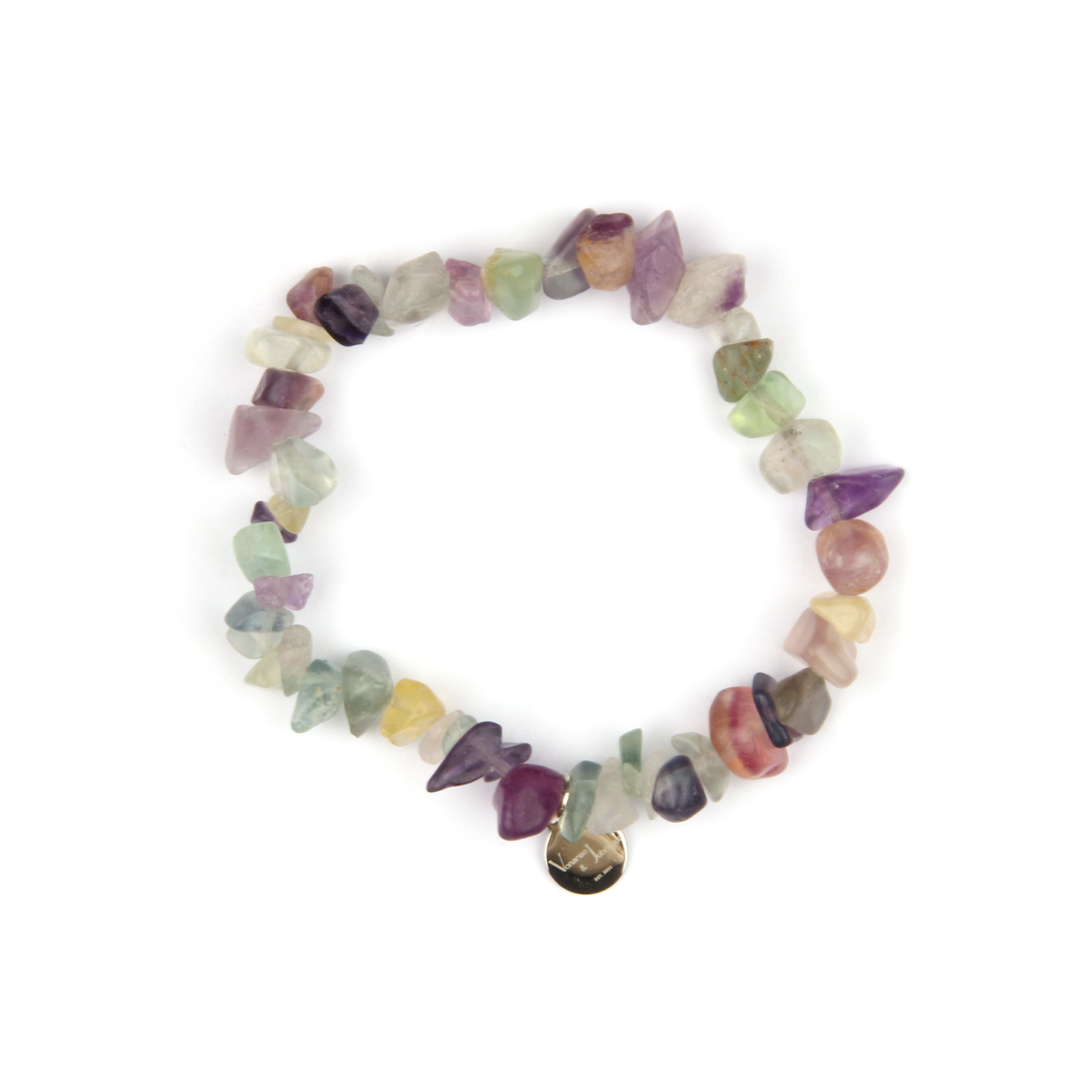
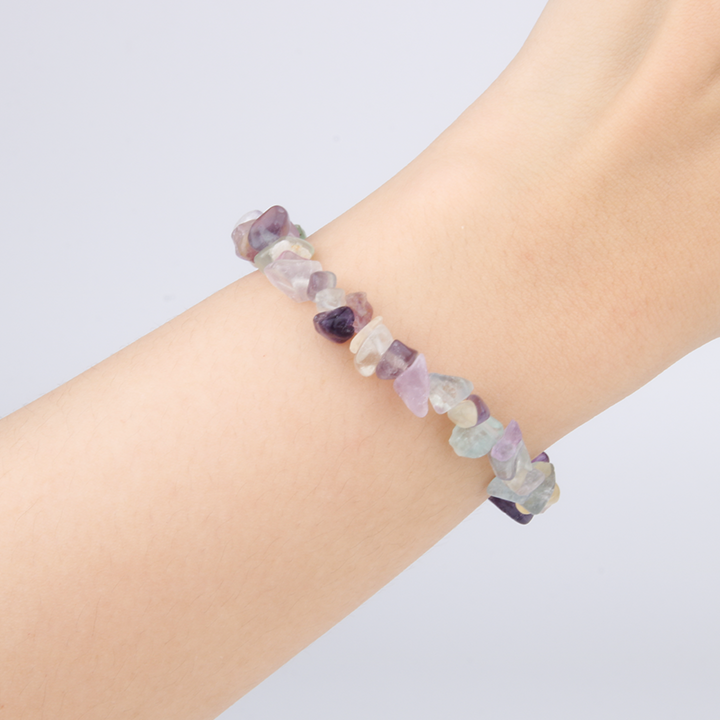
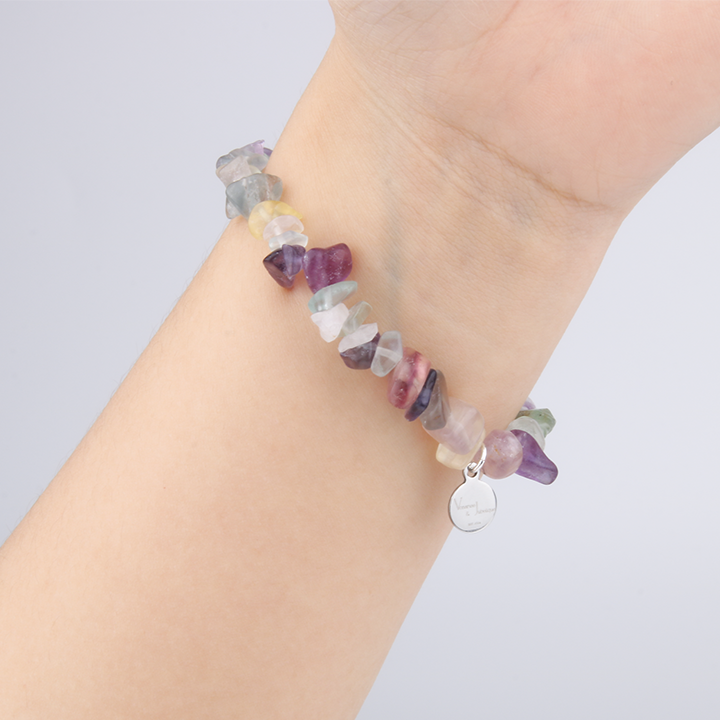
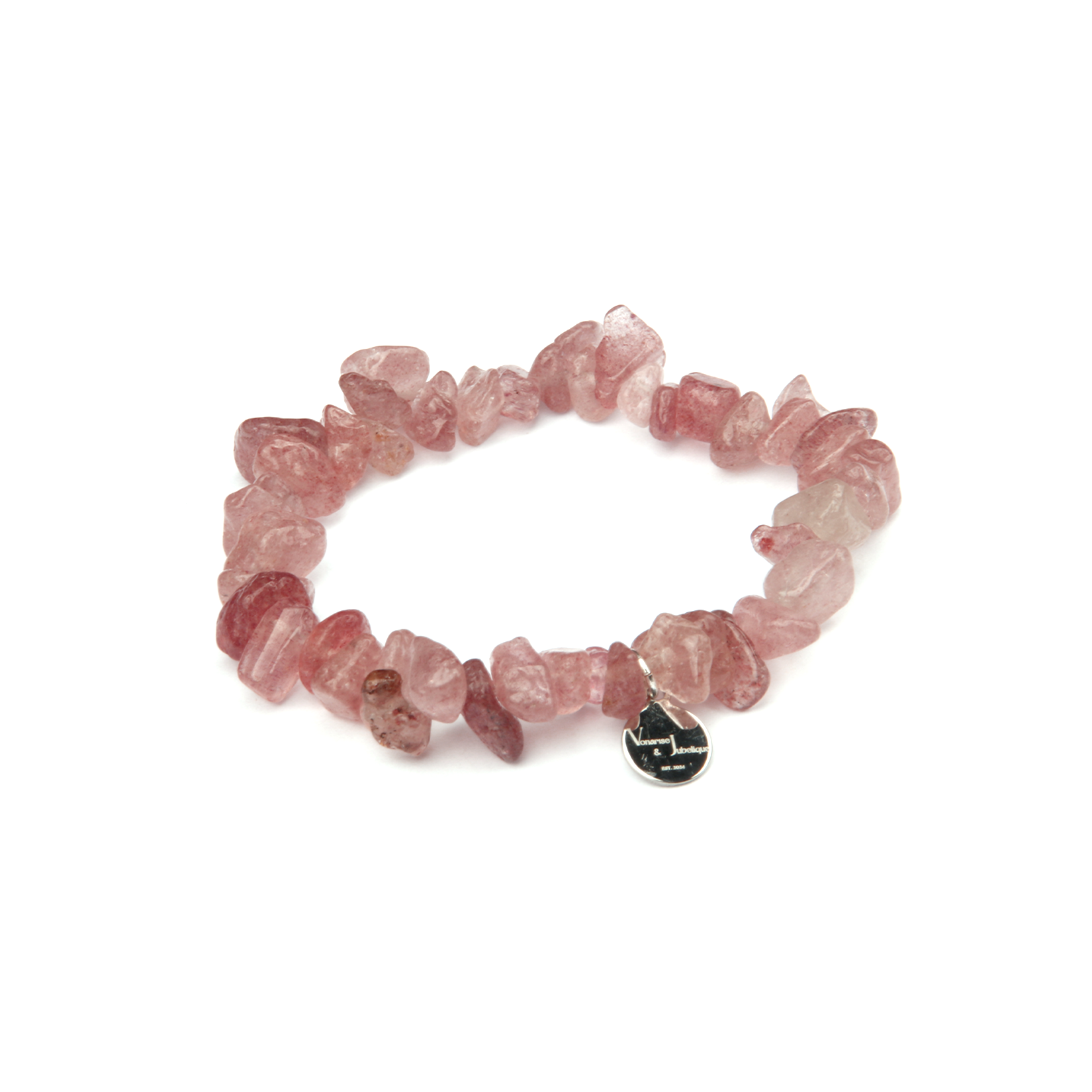
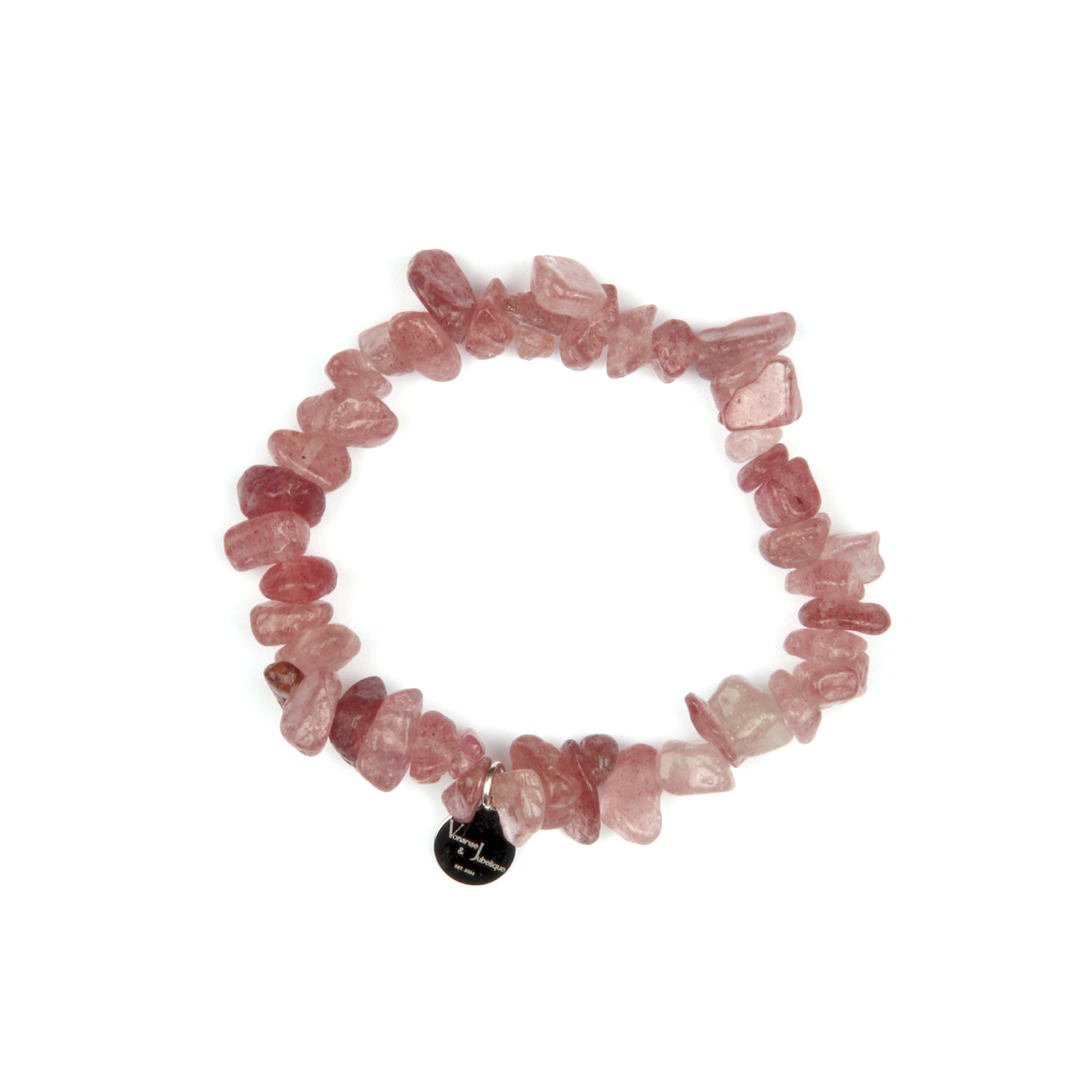
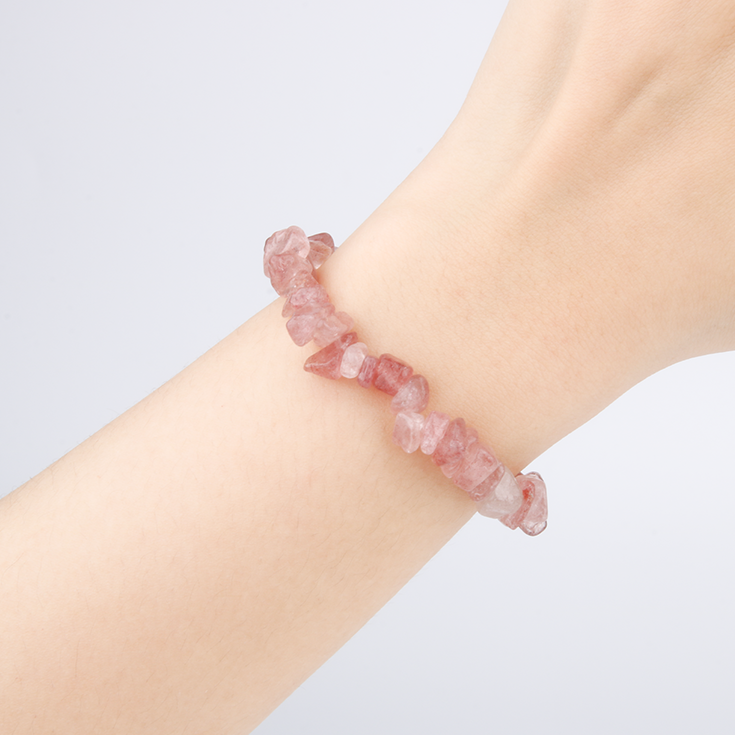
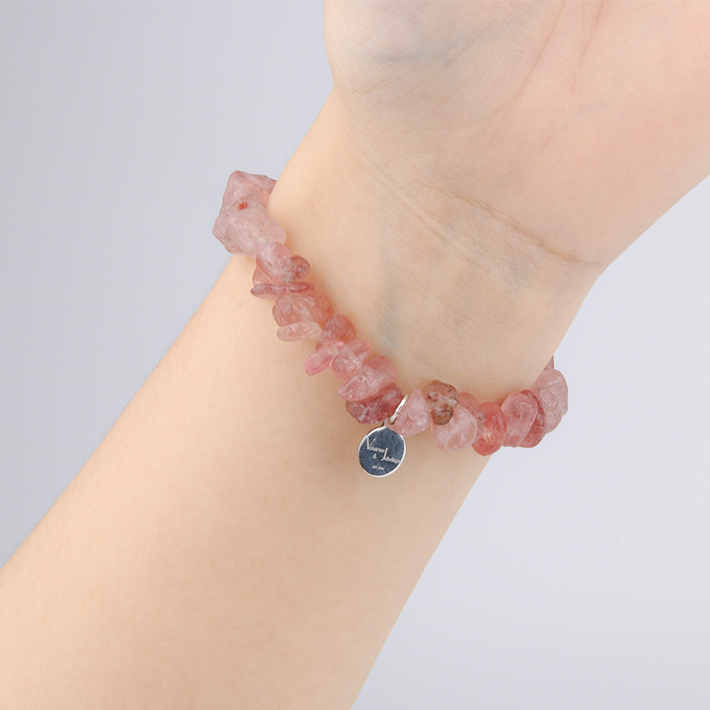
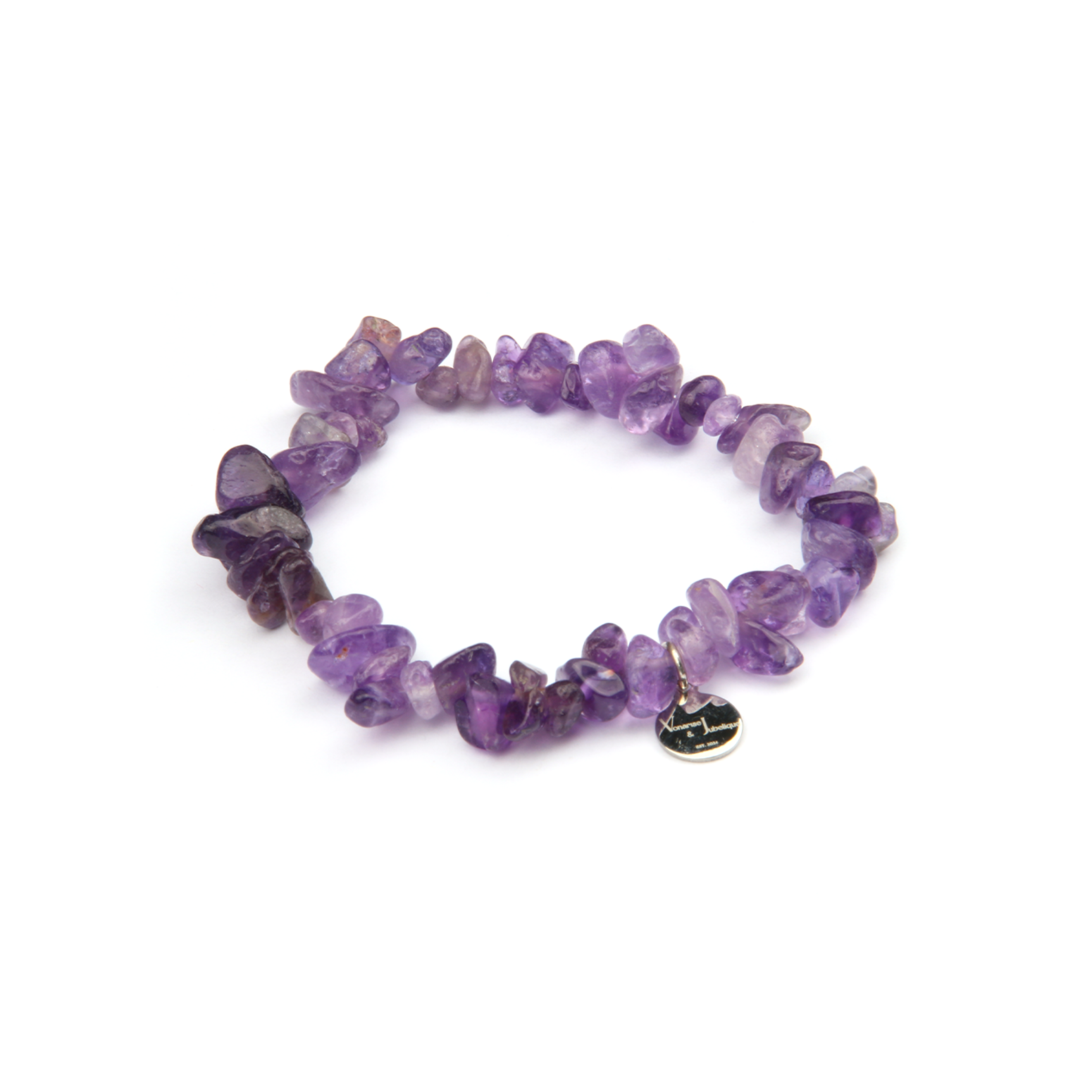
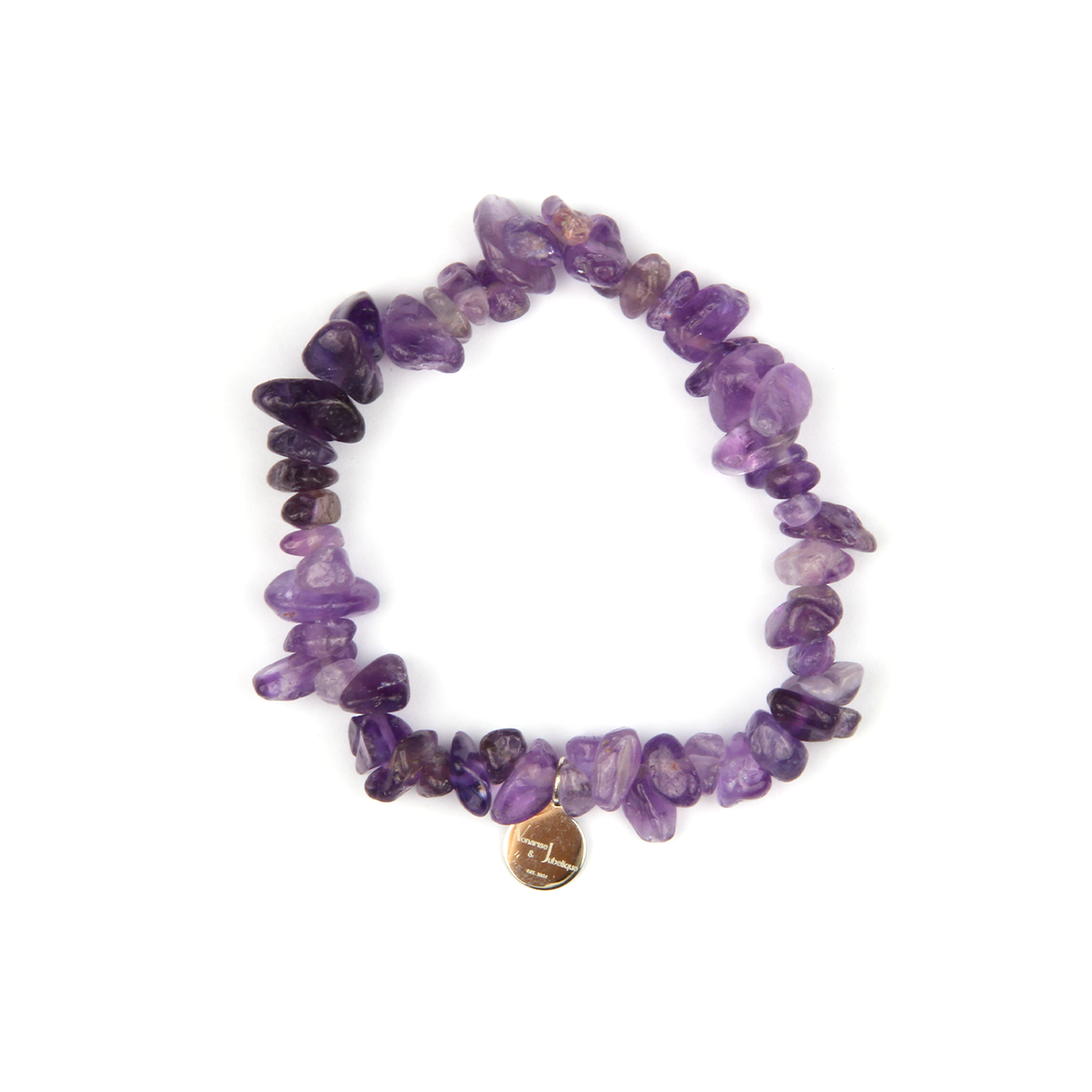
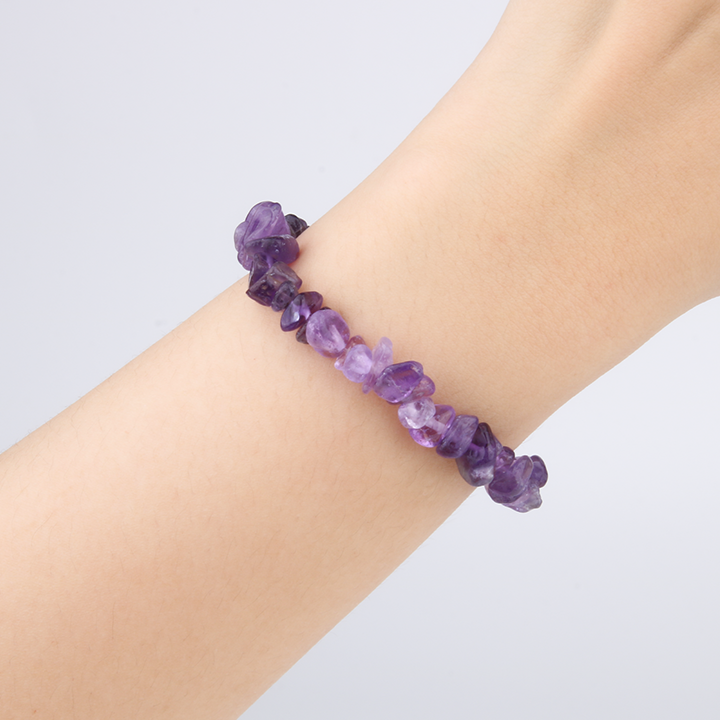
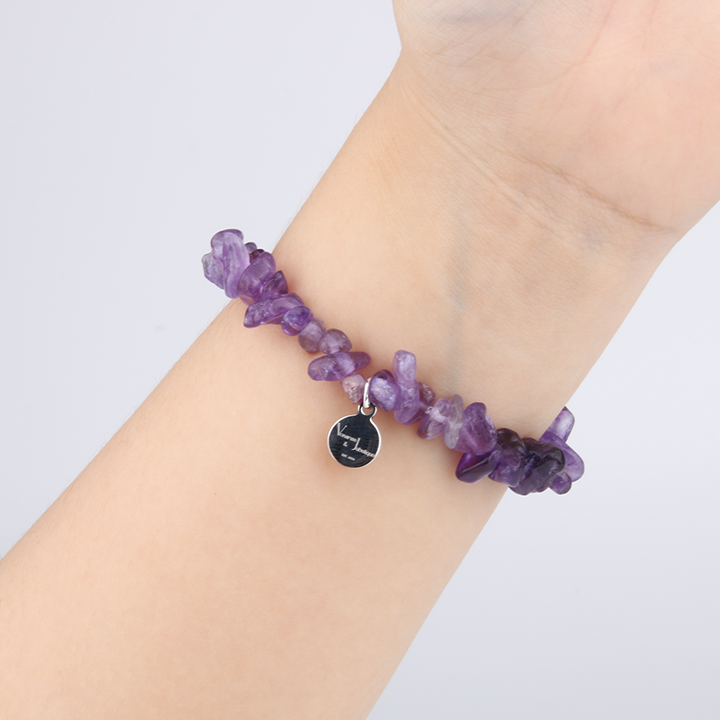
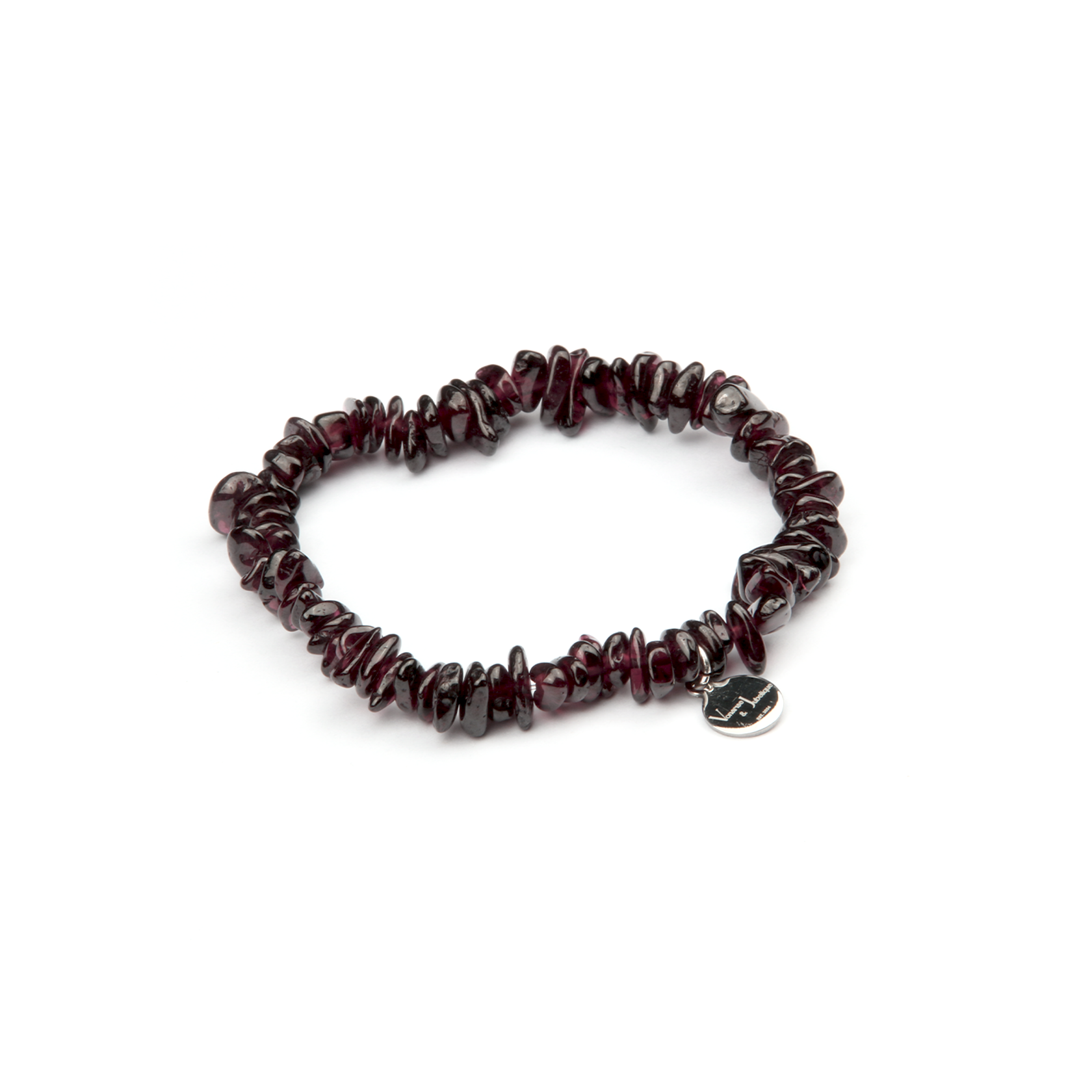
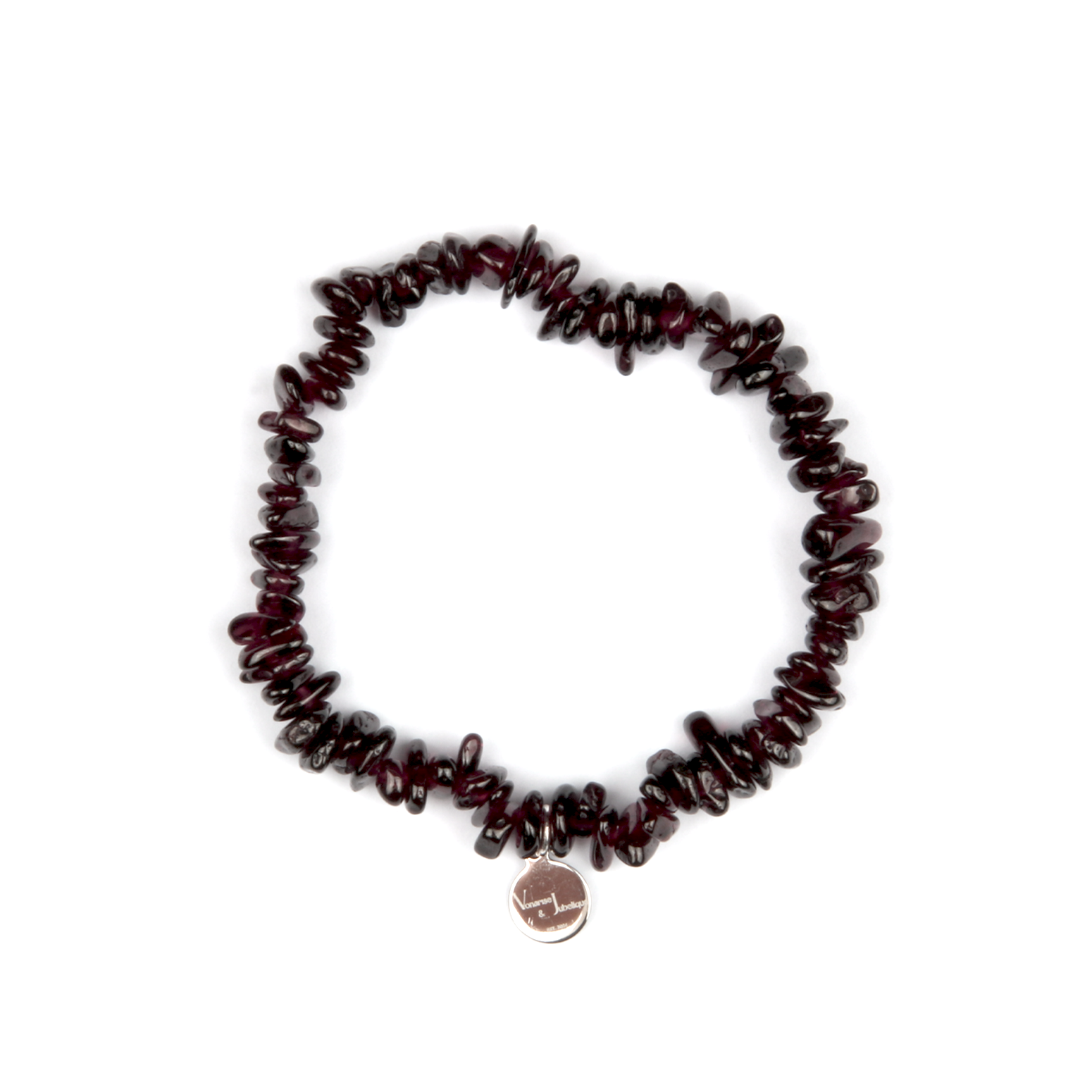
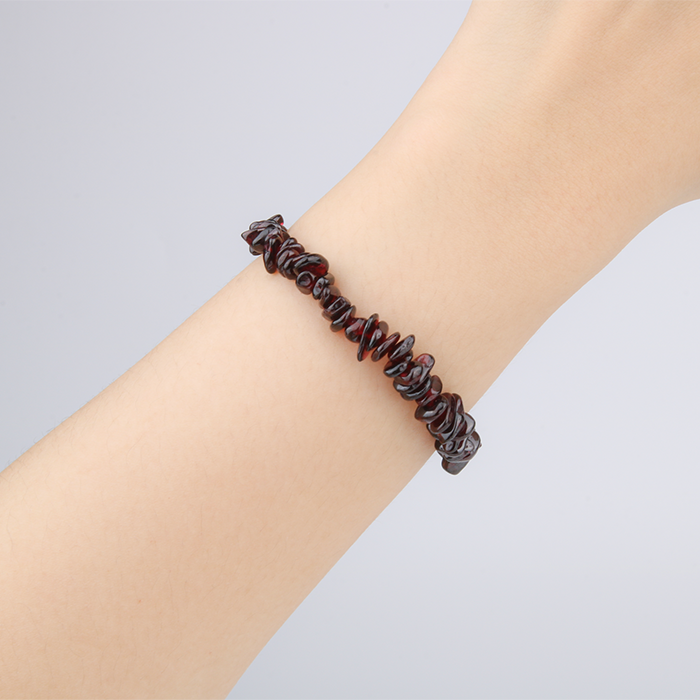
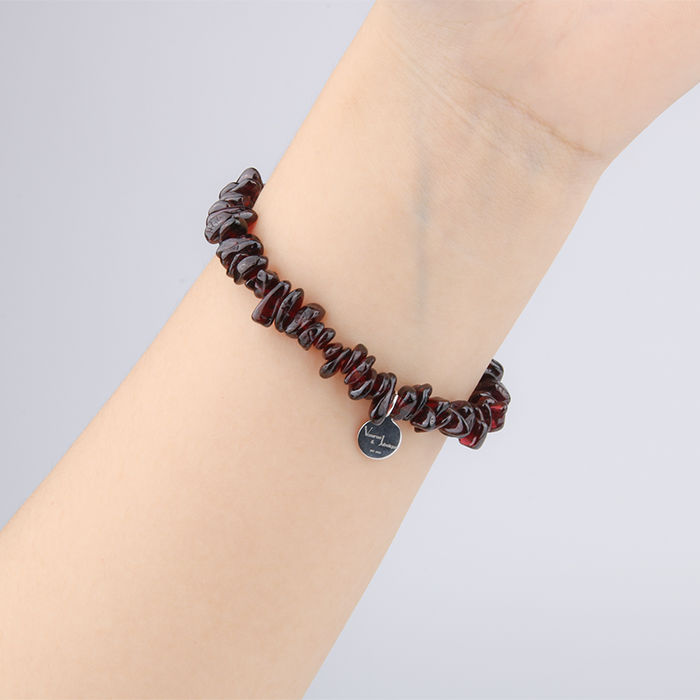
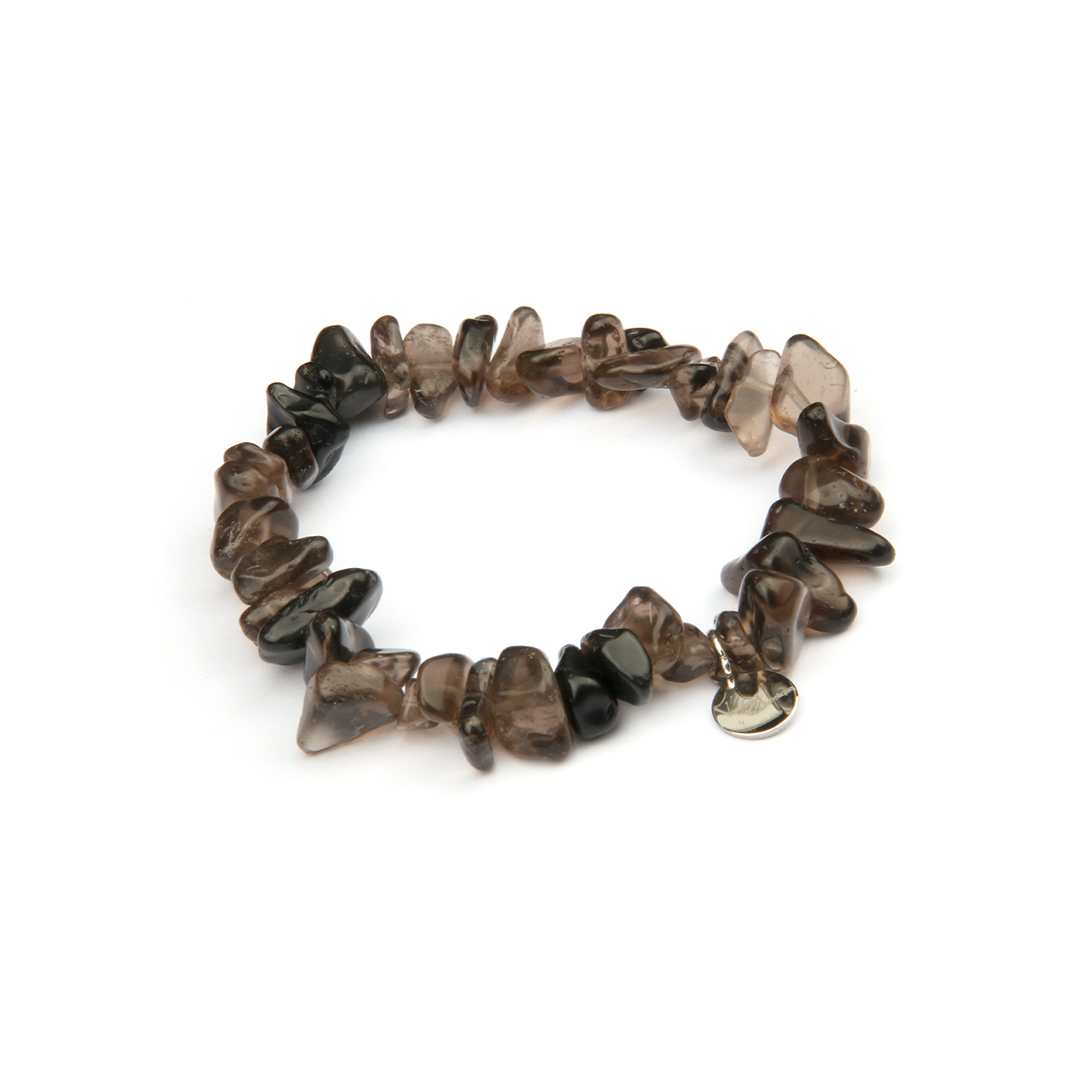
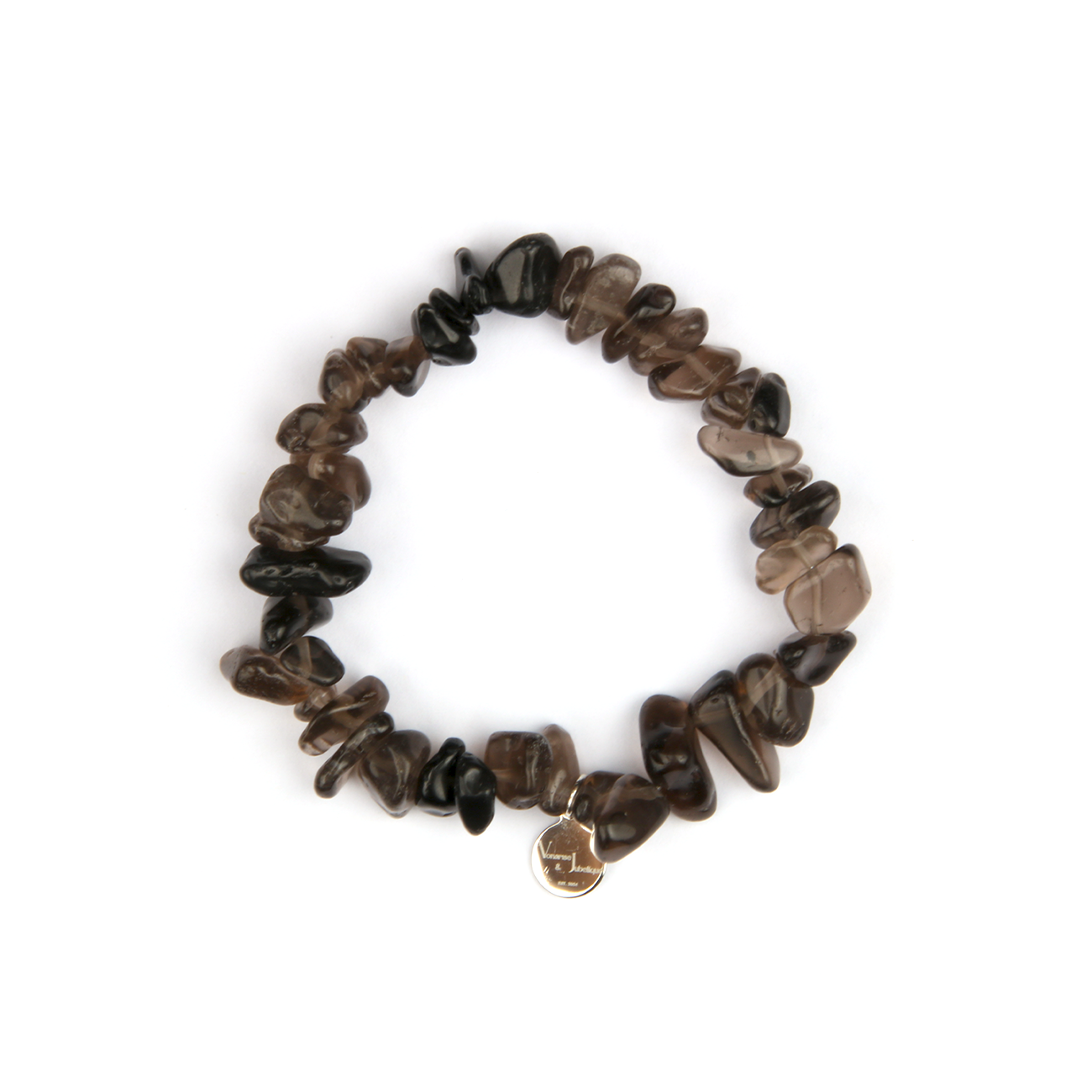
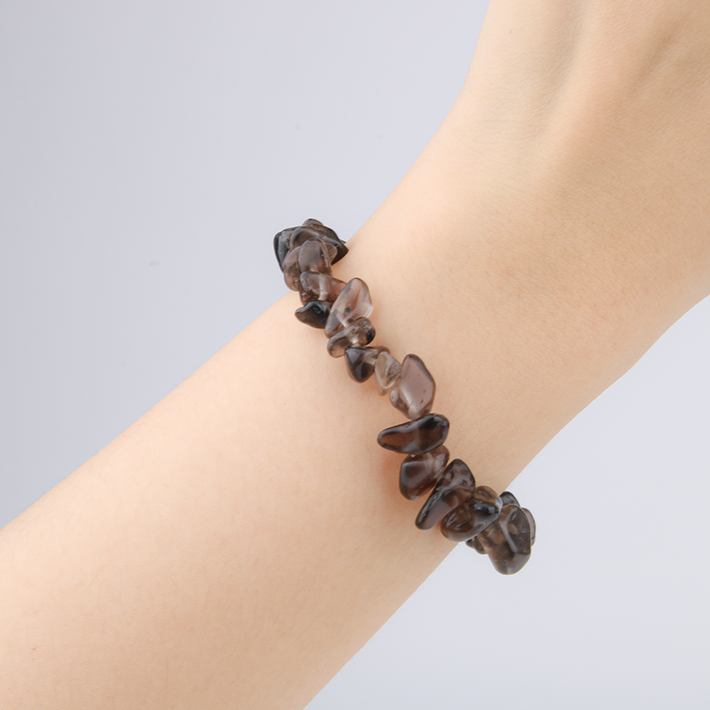
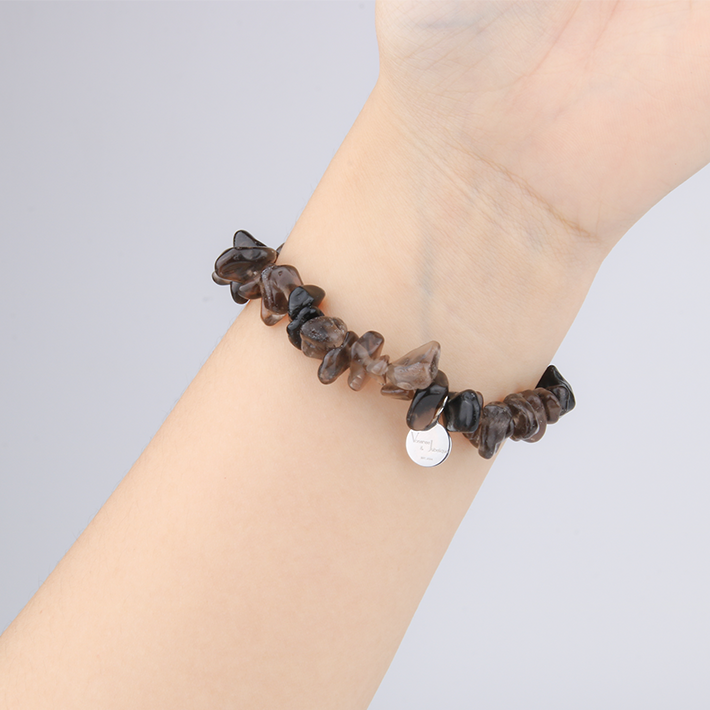
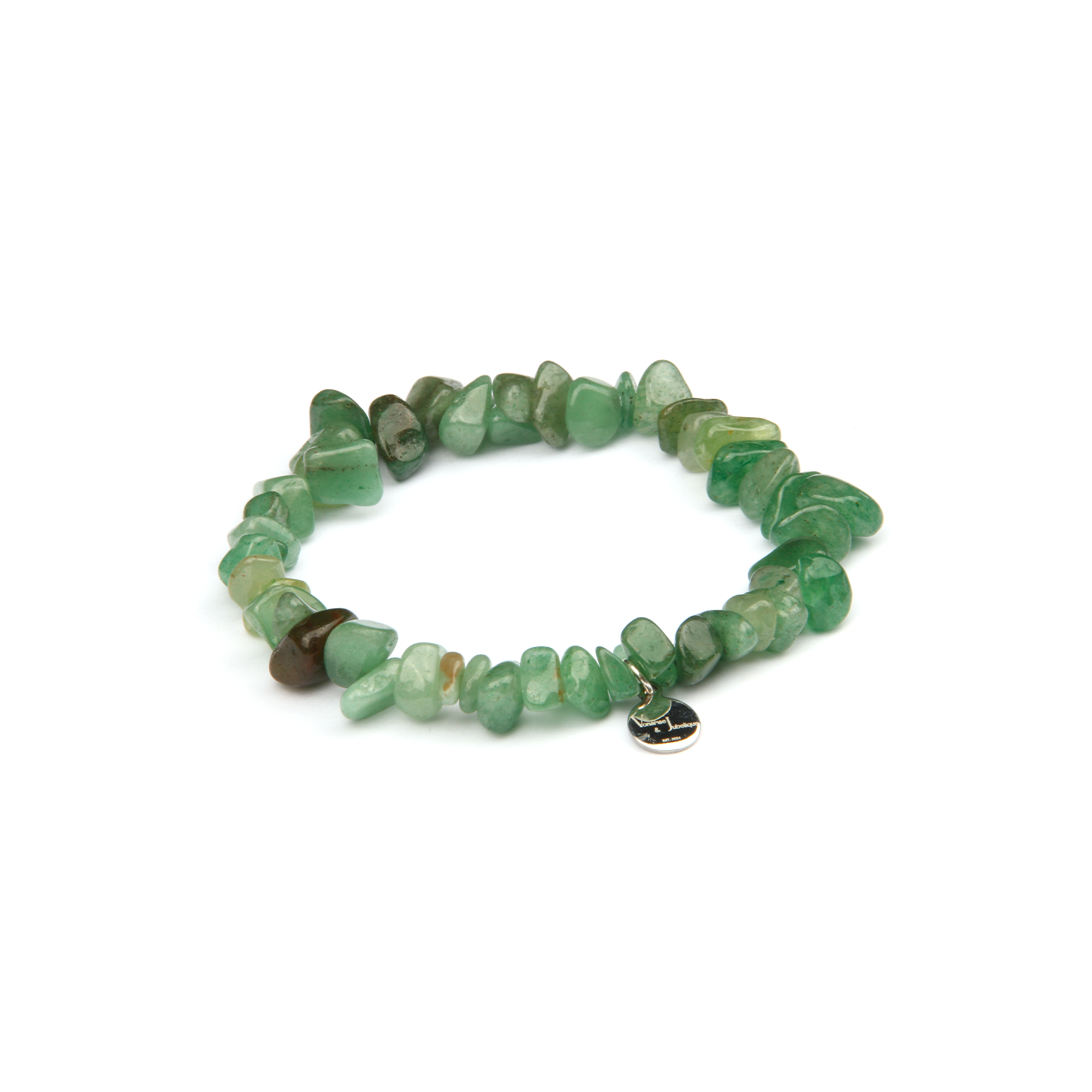
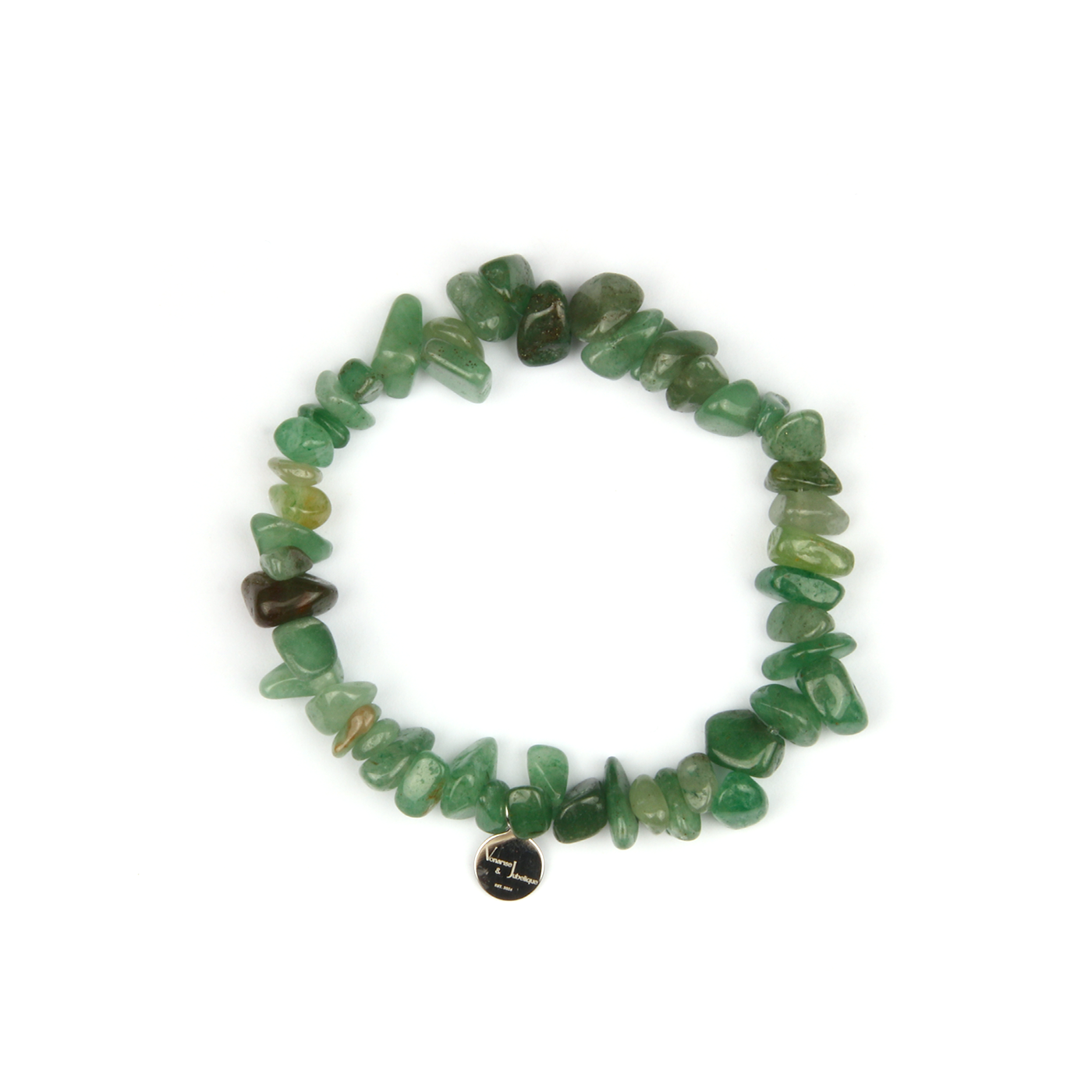
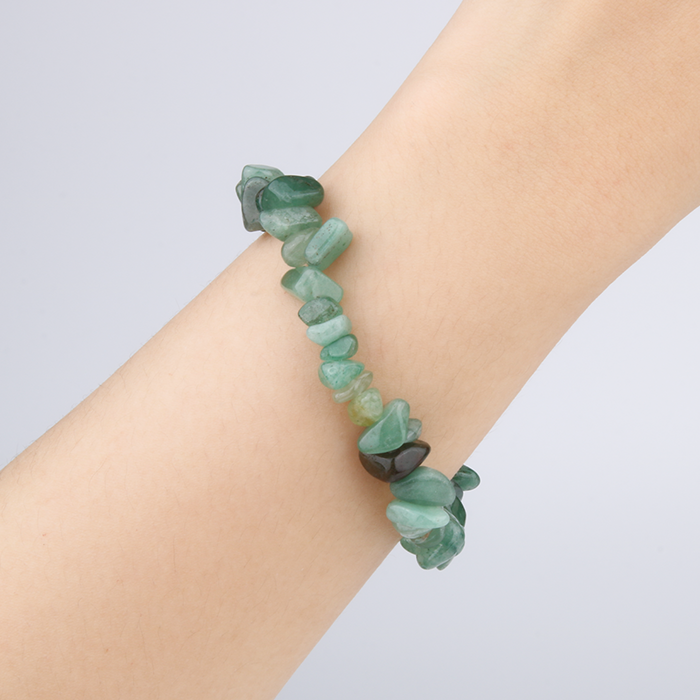
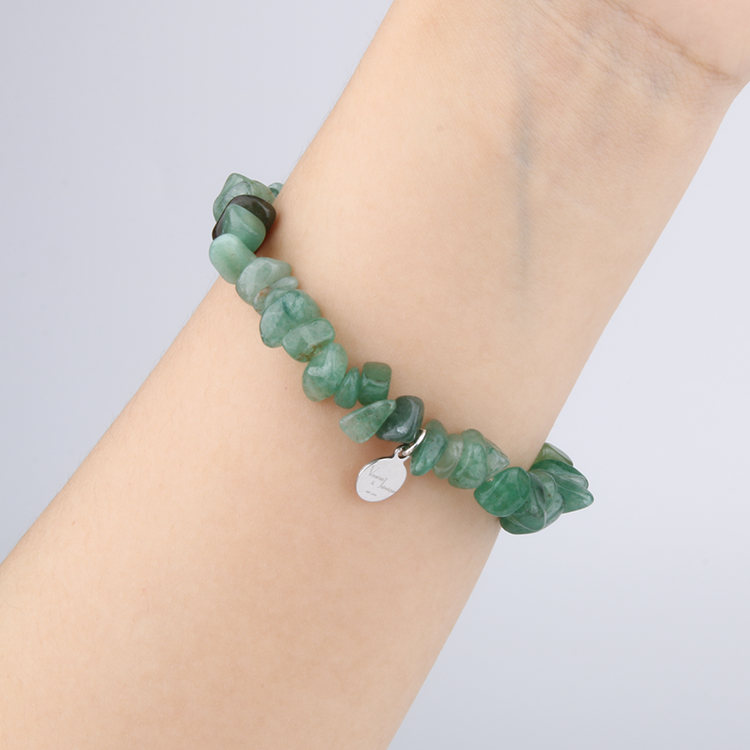
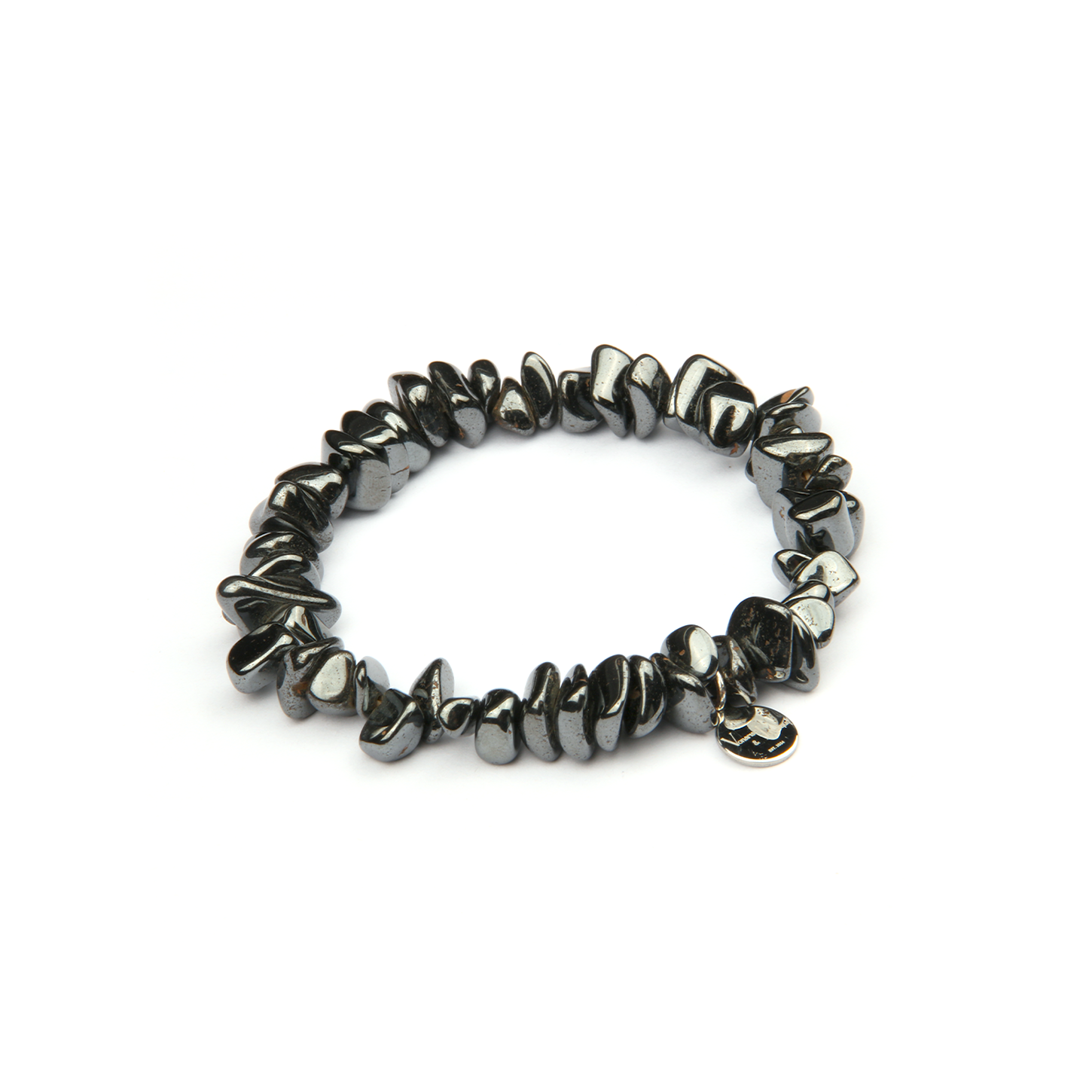
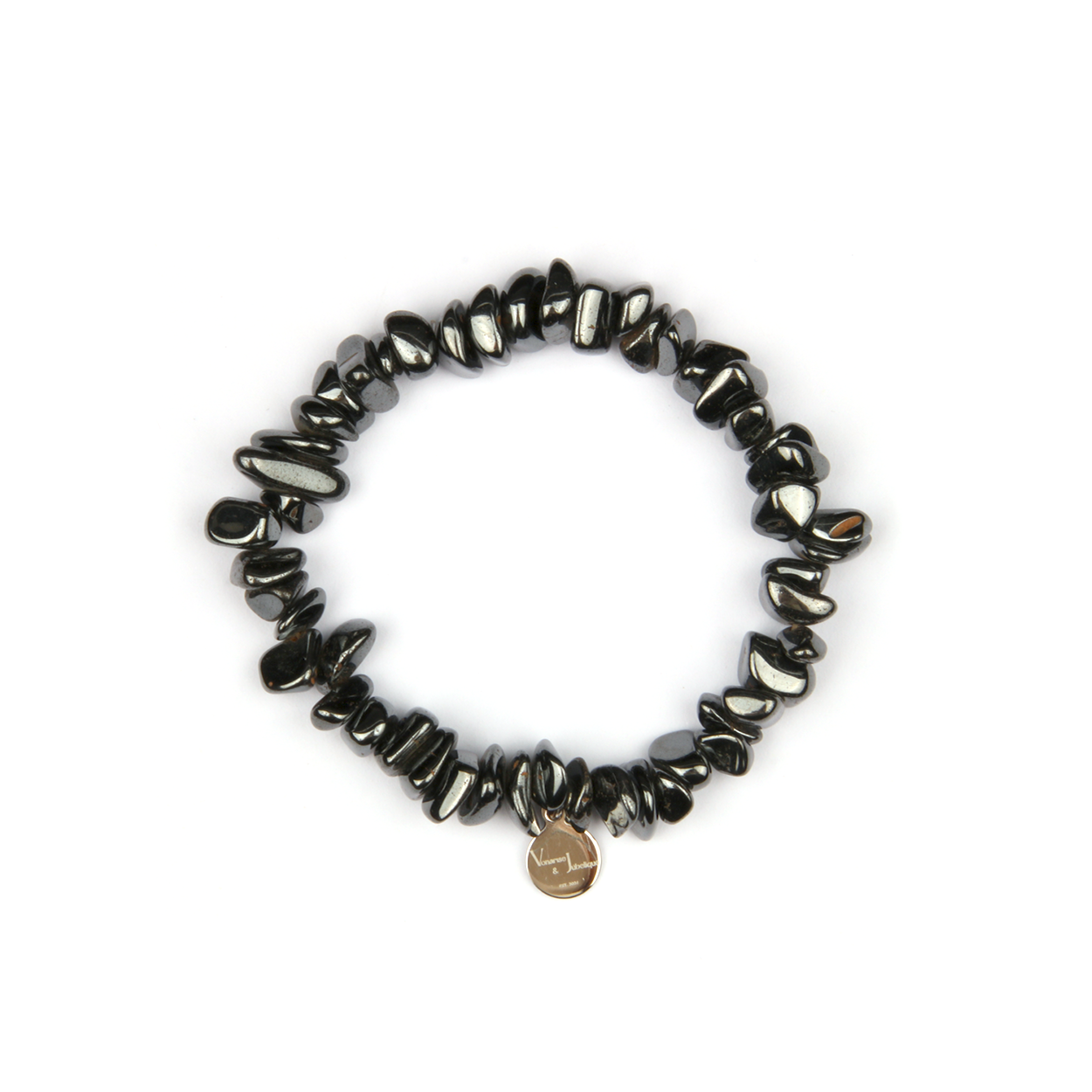
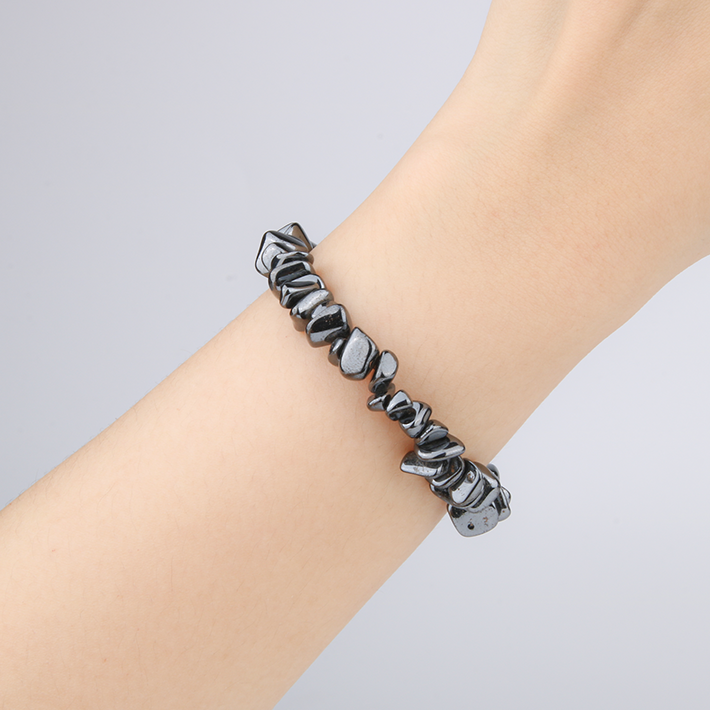
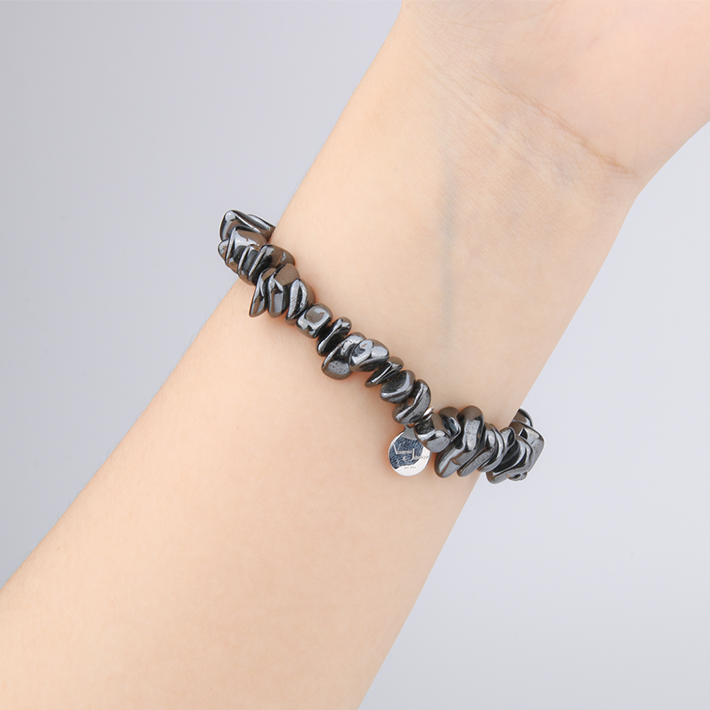
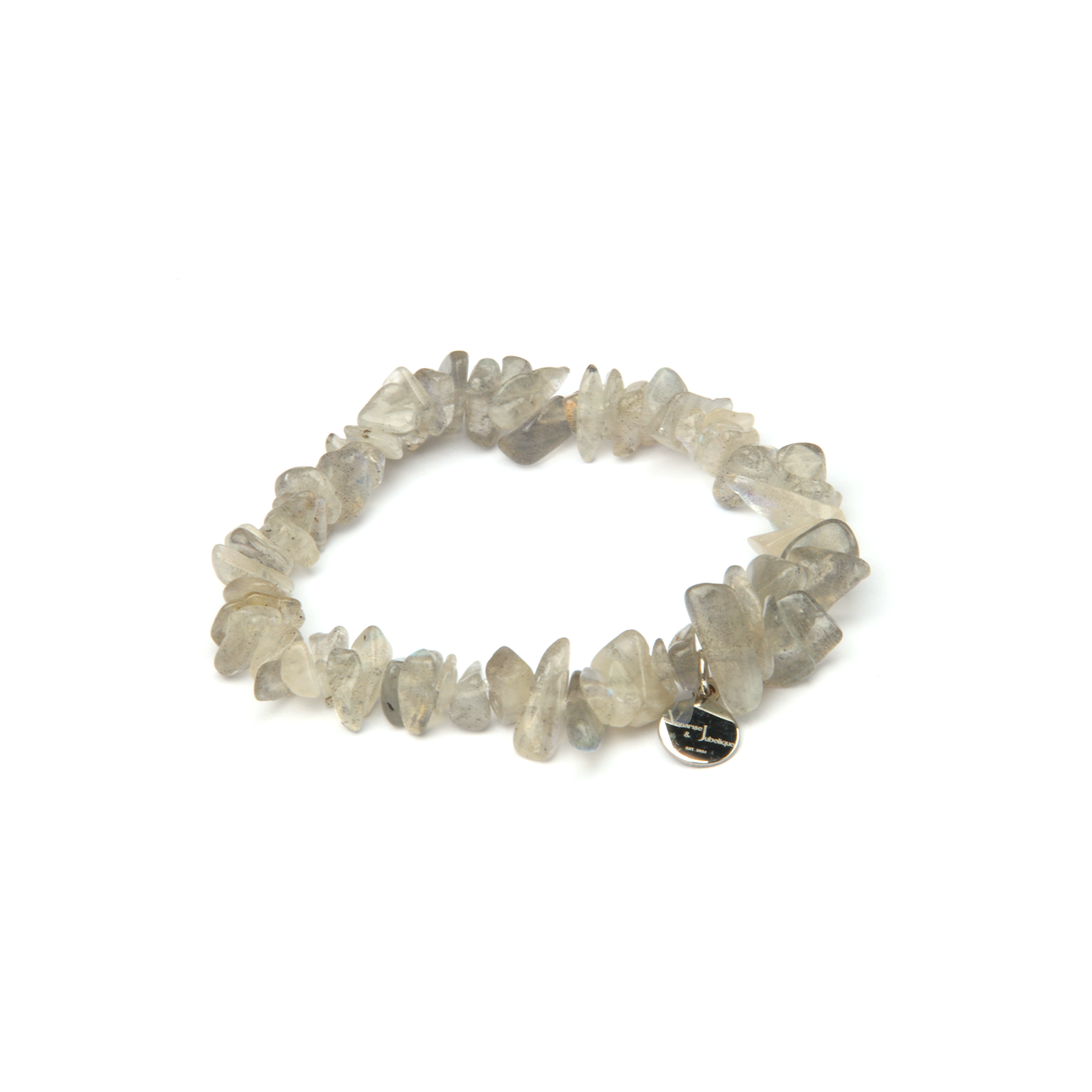
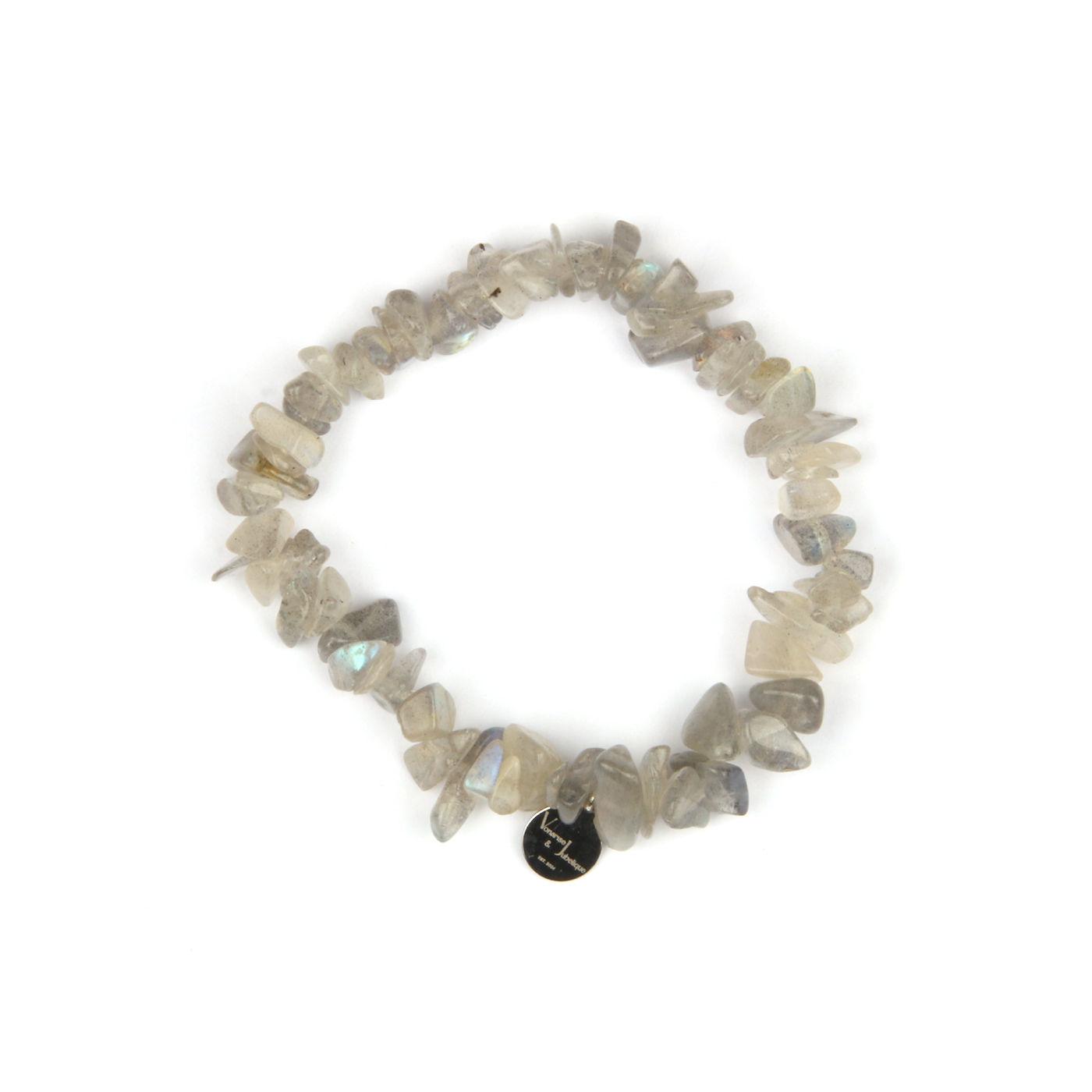
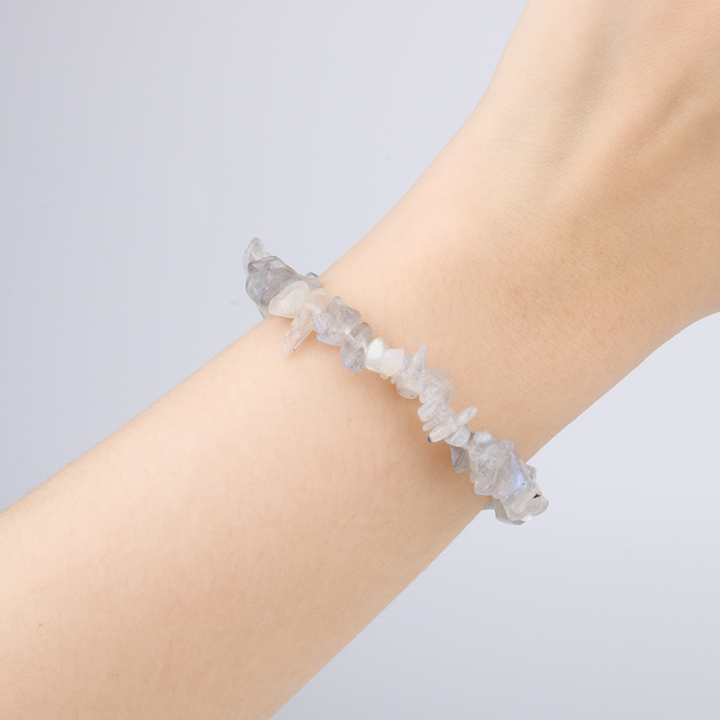
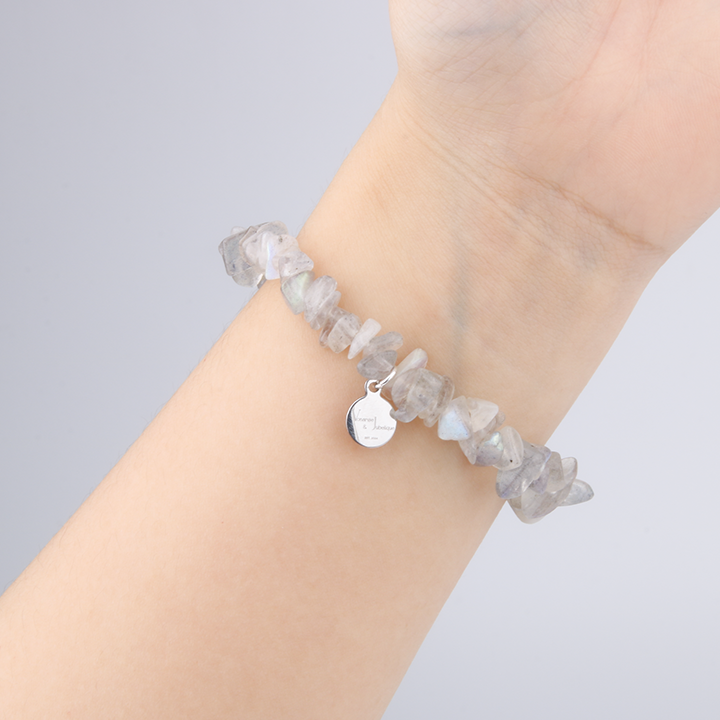
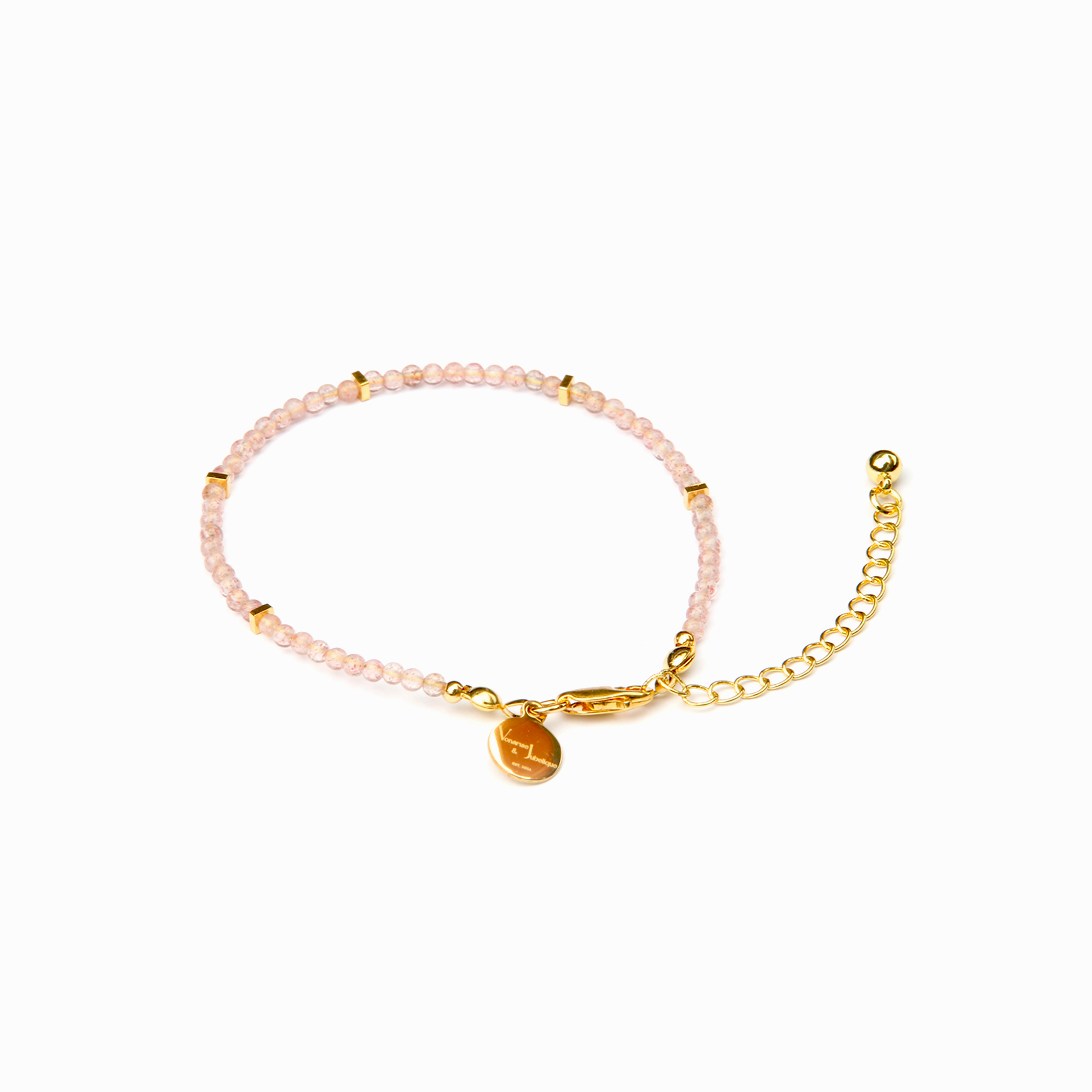
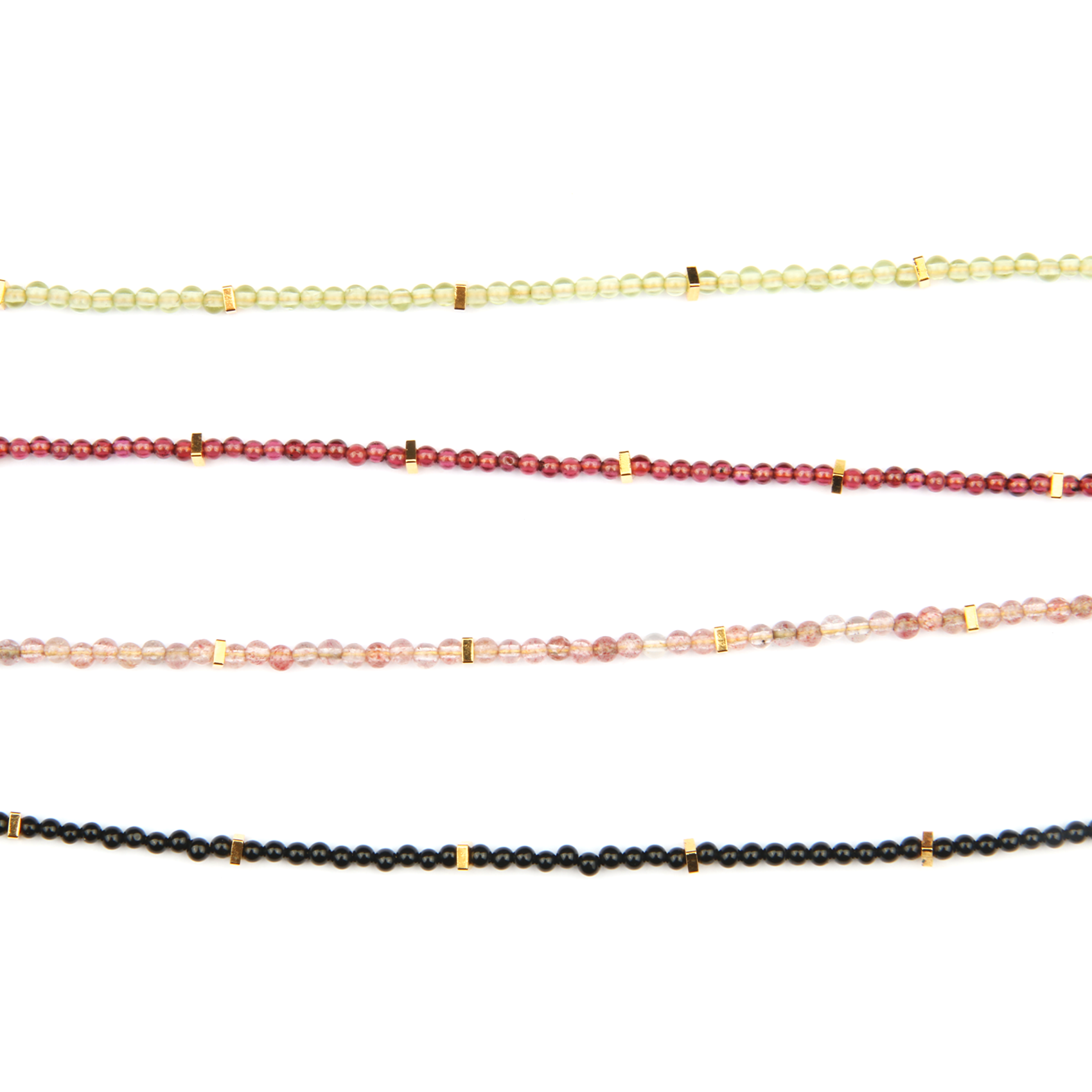
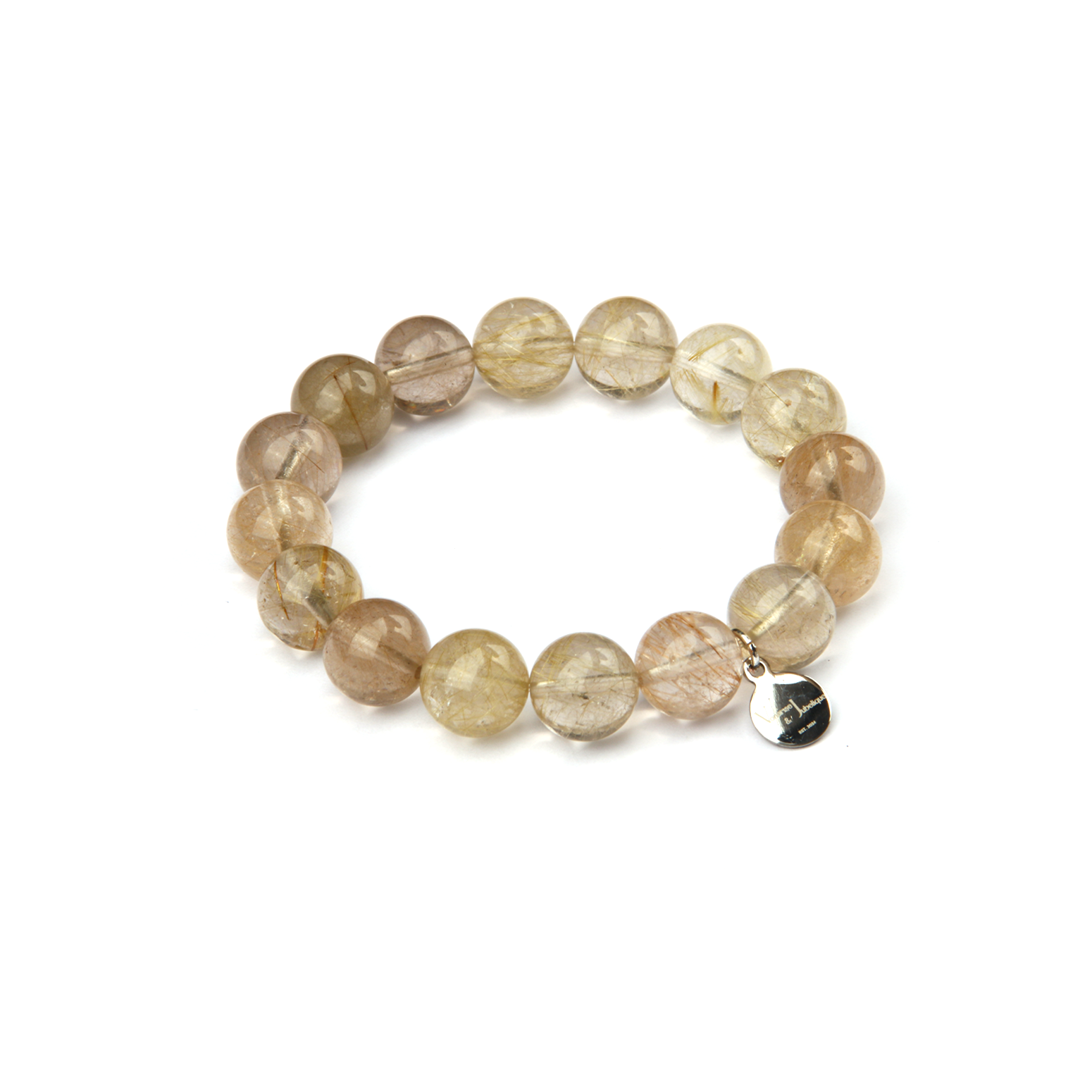
Share:
Aquamarine
Lace Agate